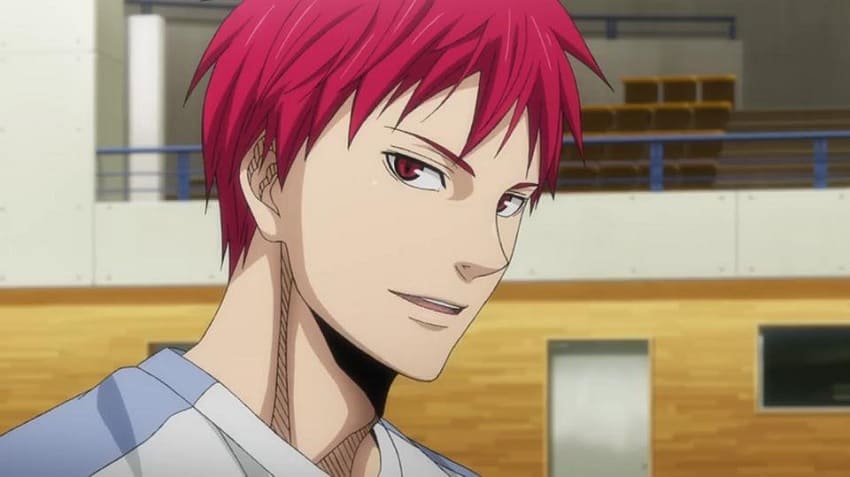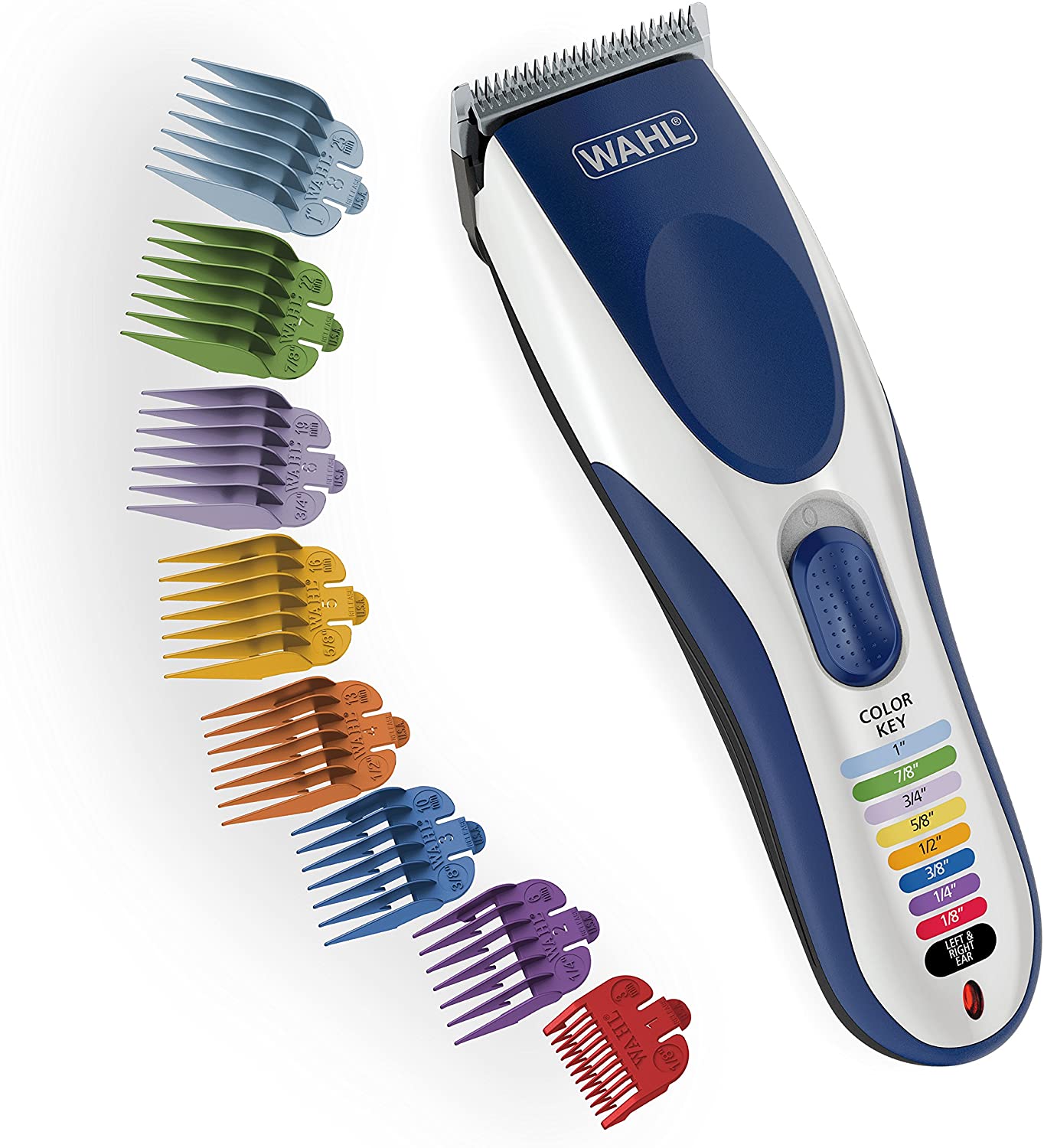If you’ve noticed that your hair is brassy, you’re not alone. There are several reasons why you may have brassy Hair. These include exposure to the sun, hard water, and shampoo. Fortunately, there are many ways to fix this problem. Follow these tips to restore the natural color of your hair.
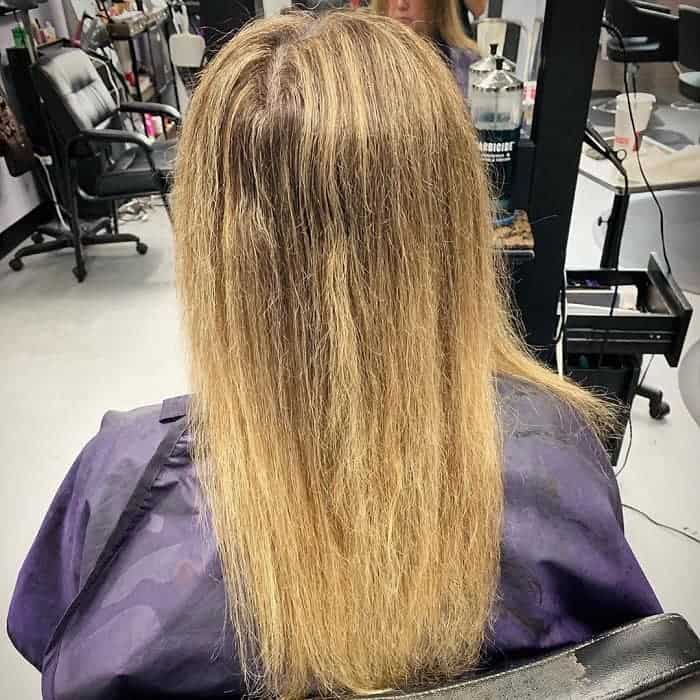
Brassy Hair is a natural hair color
There are a few simple ways to fix brassy Hair. The first is to lift the hair color. The next step is to use cool-toned hair dye. A demi-permanent color is a good choice because it is less harsh than permanent Hair dye. You can also get help from a hair stylist.
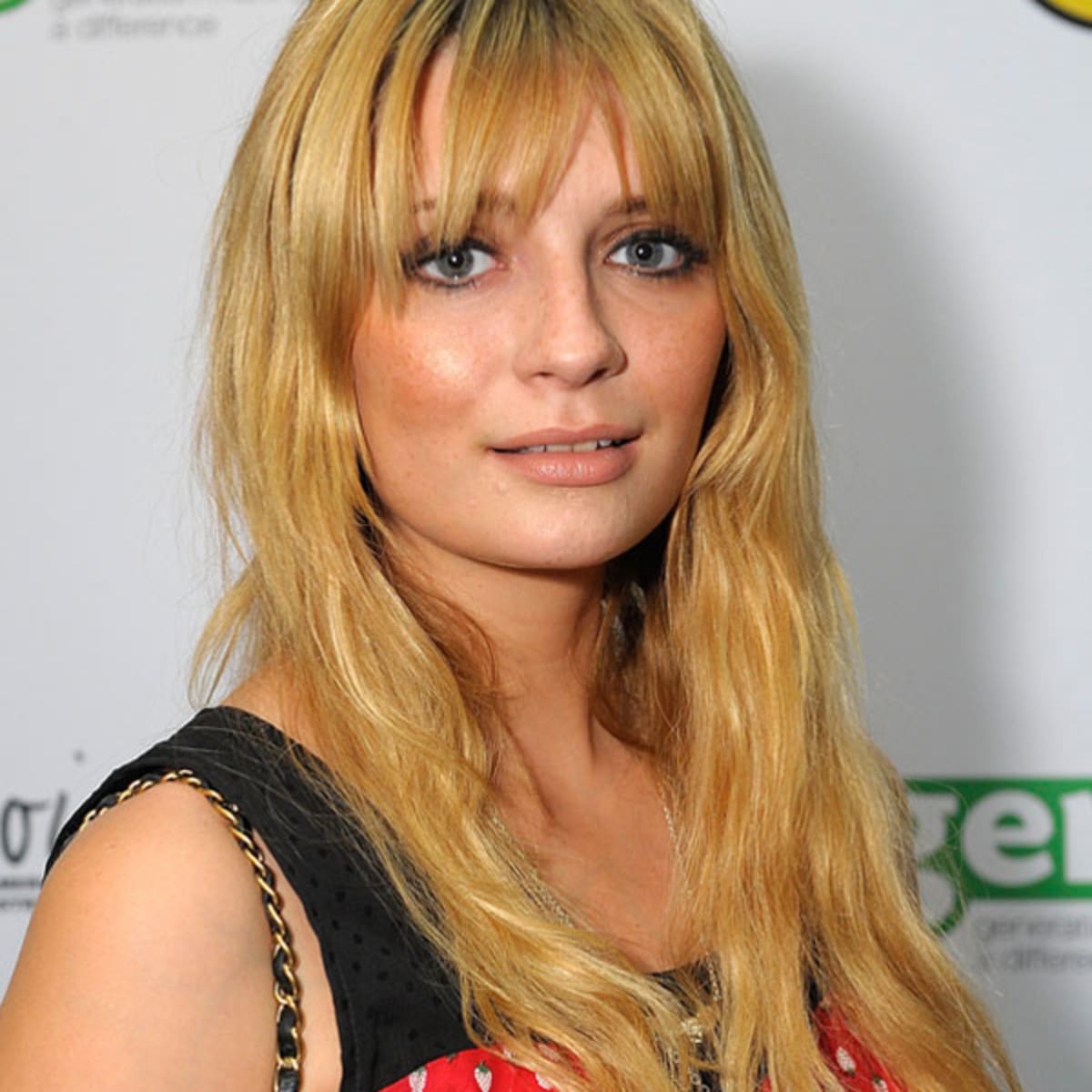
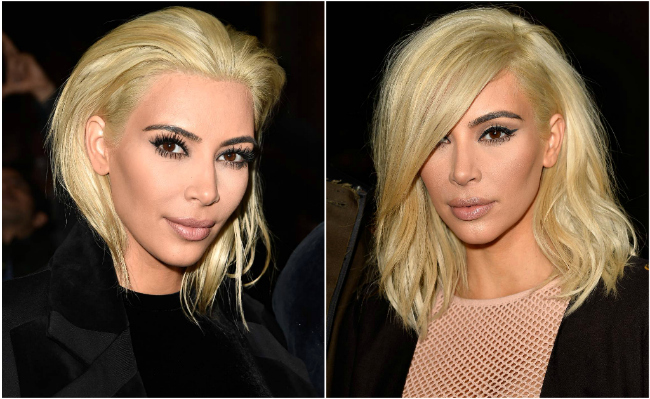
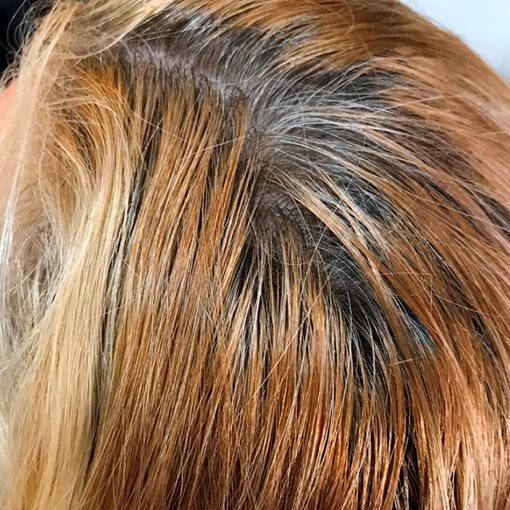
Another simple way to fix brassy Hair is to use violet or blue shampoo. These colors can neutralize the yellow and copper tones in your hair. Also, try to avoid shampoos with silicones and parabens. You can also use purple shampoo to keep the hair color intact.
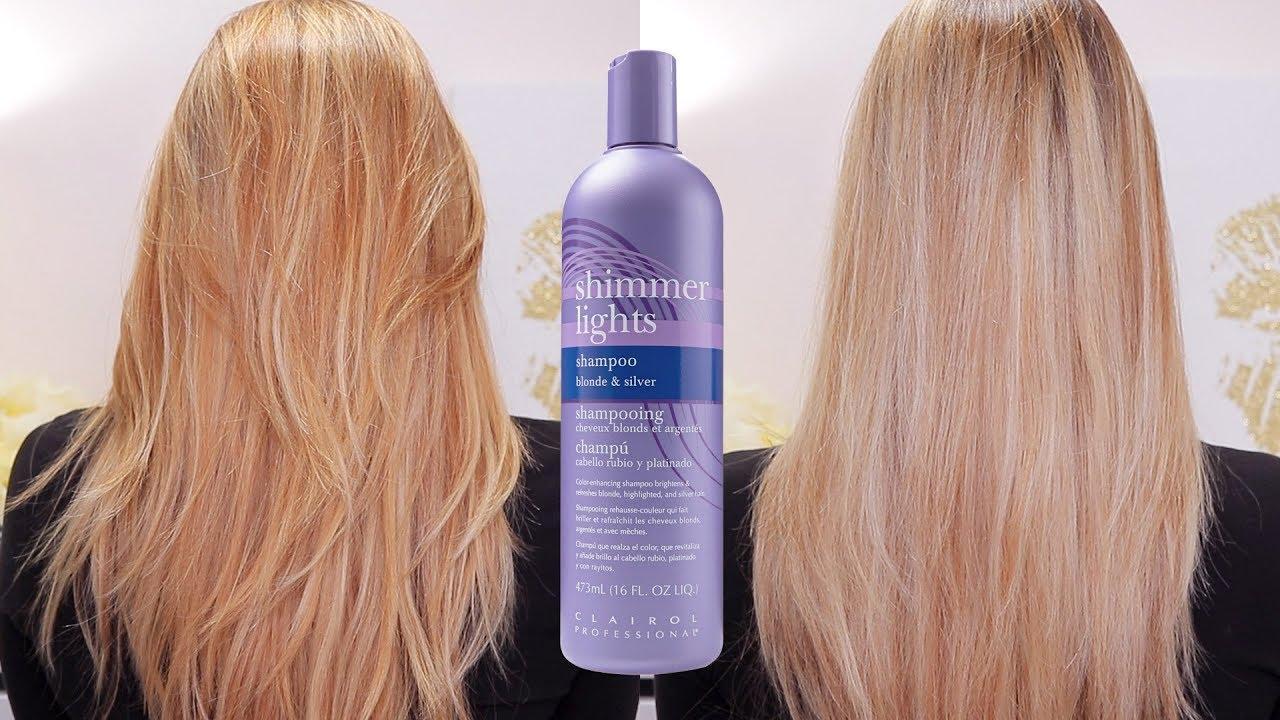
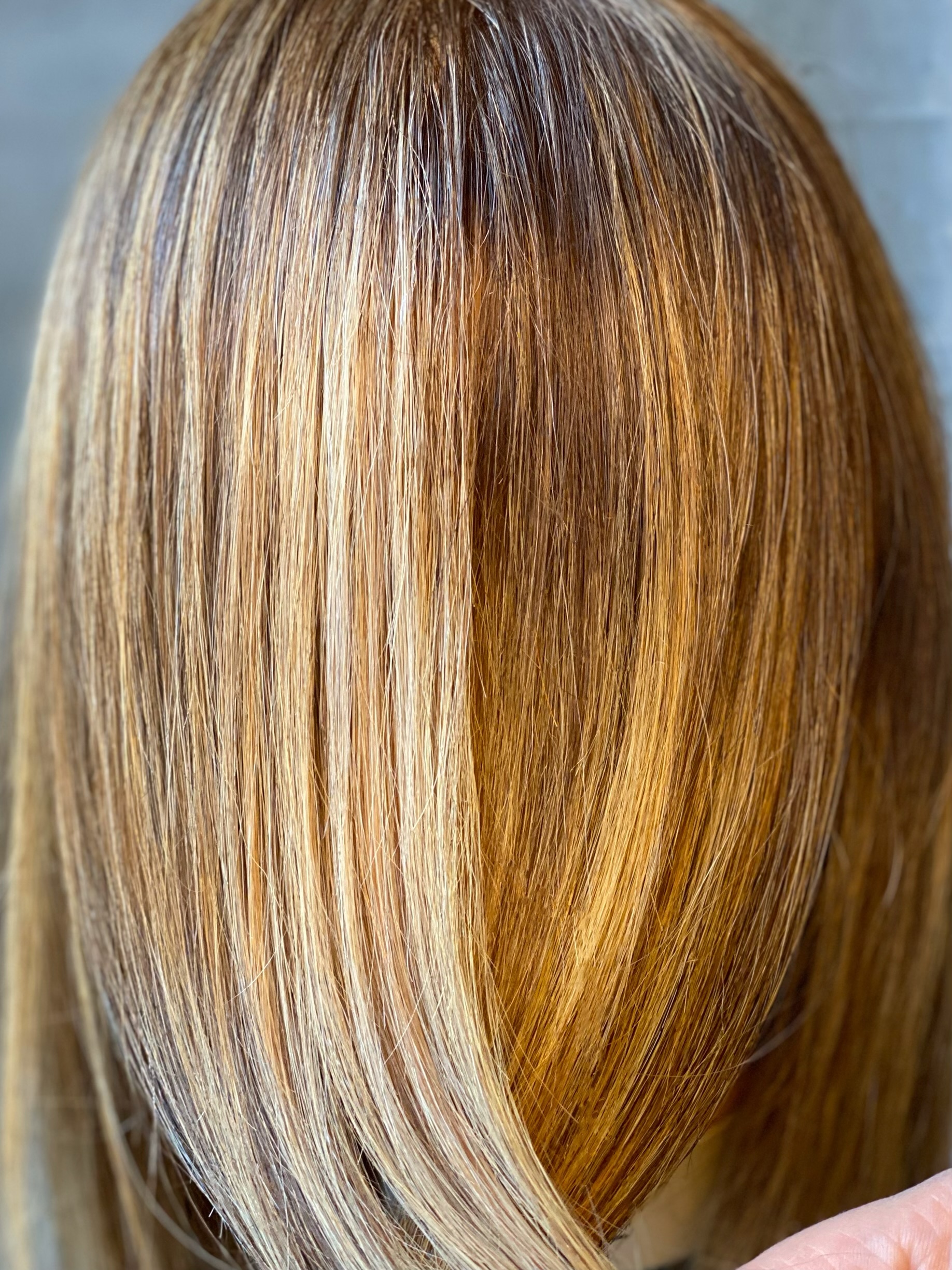
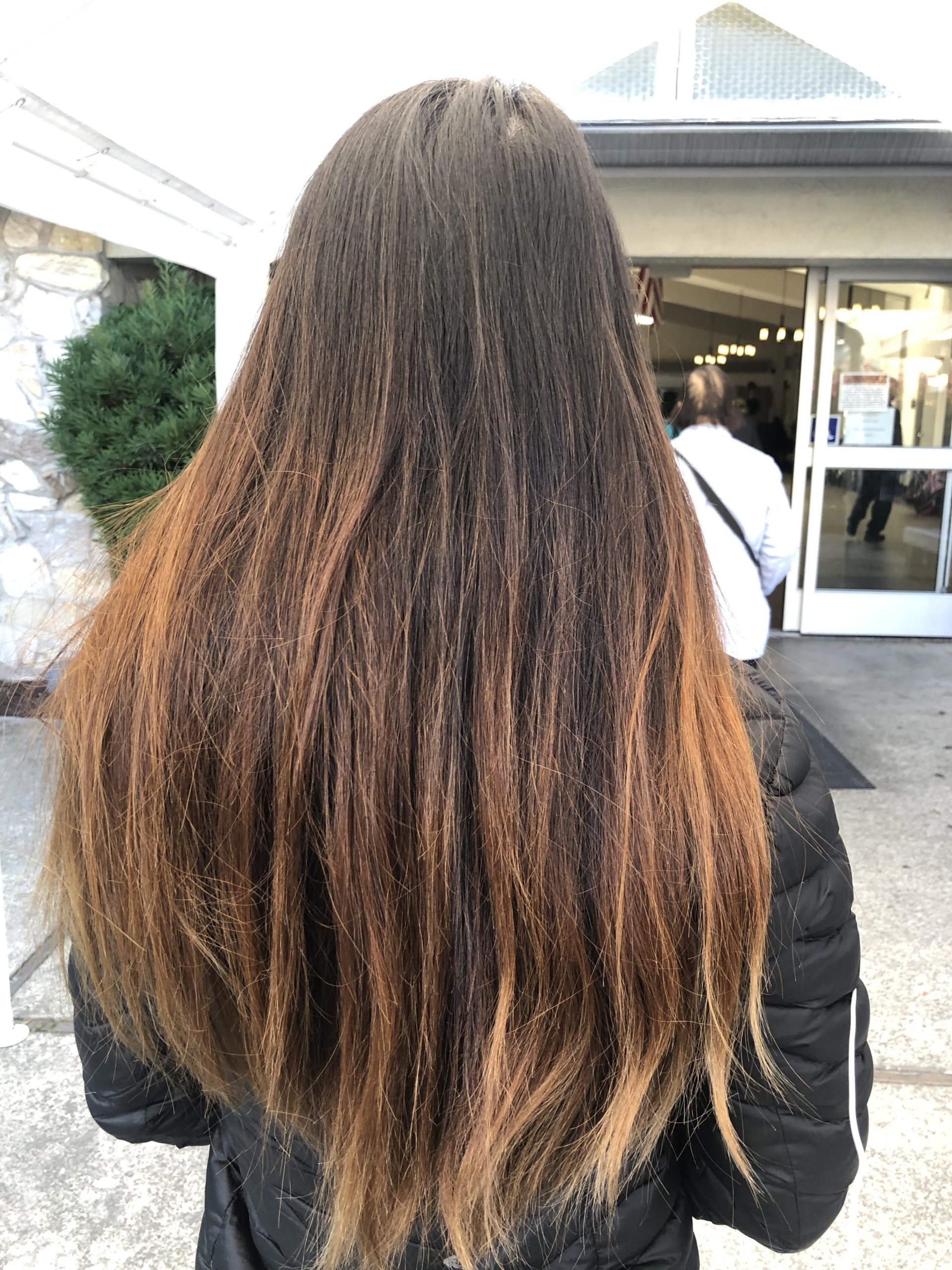
Having brassy hair is a common problem for blonde Hair. It is easy to identify, but it can be difficult to fix. Besides being a challenge to color, this type of hair has dry ends and a brassy texture. It can also be more difficult to lift dark pigments.
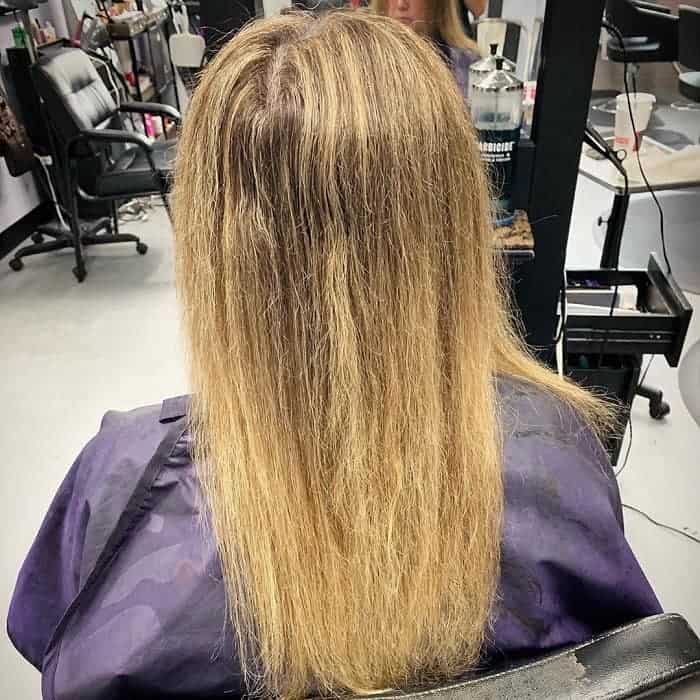
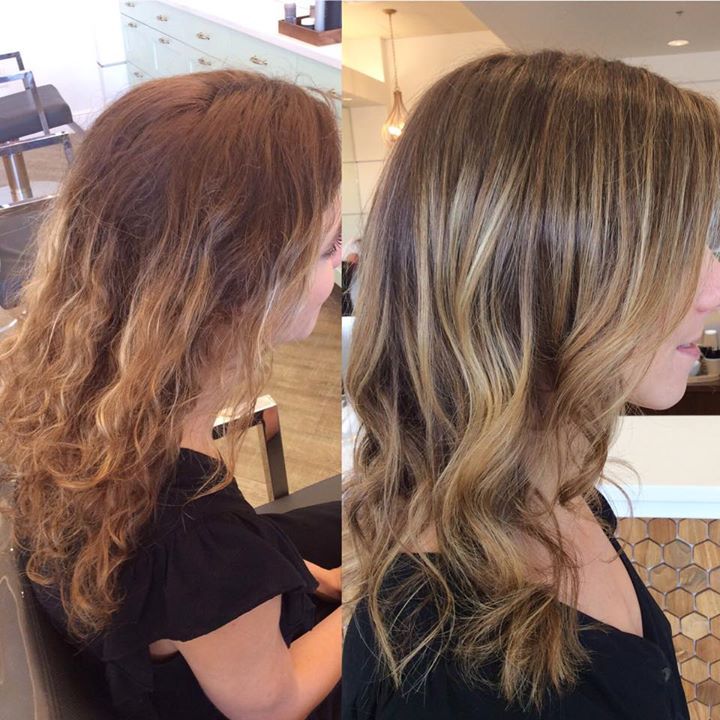
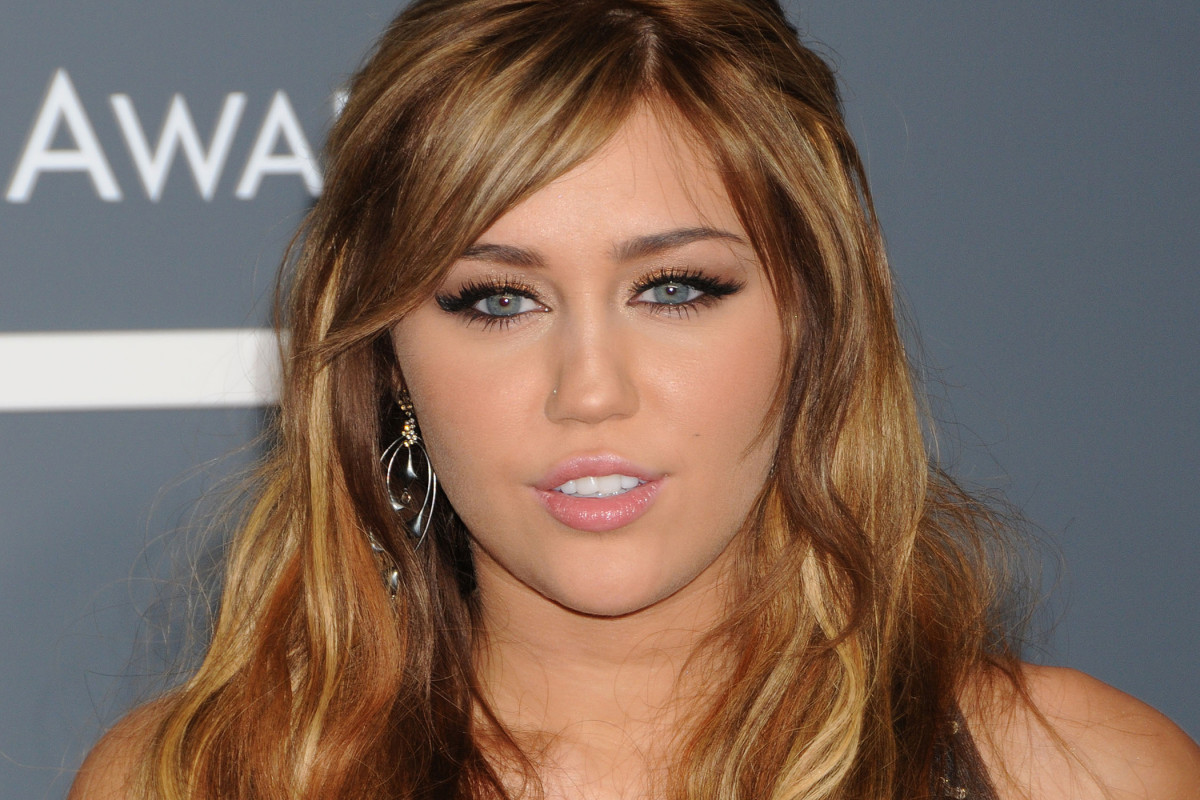
Bleaching hair may cause brassy hair. As it lightens, the warm undertones are revealed. However, the dye used to neutralize these tones may fade over time. Natural blondes are also prone to brassiness, which can result from the buildup of minerals in the hair or exposure to the sun. It’s important to get the right color products so that you can avoid brassiness.
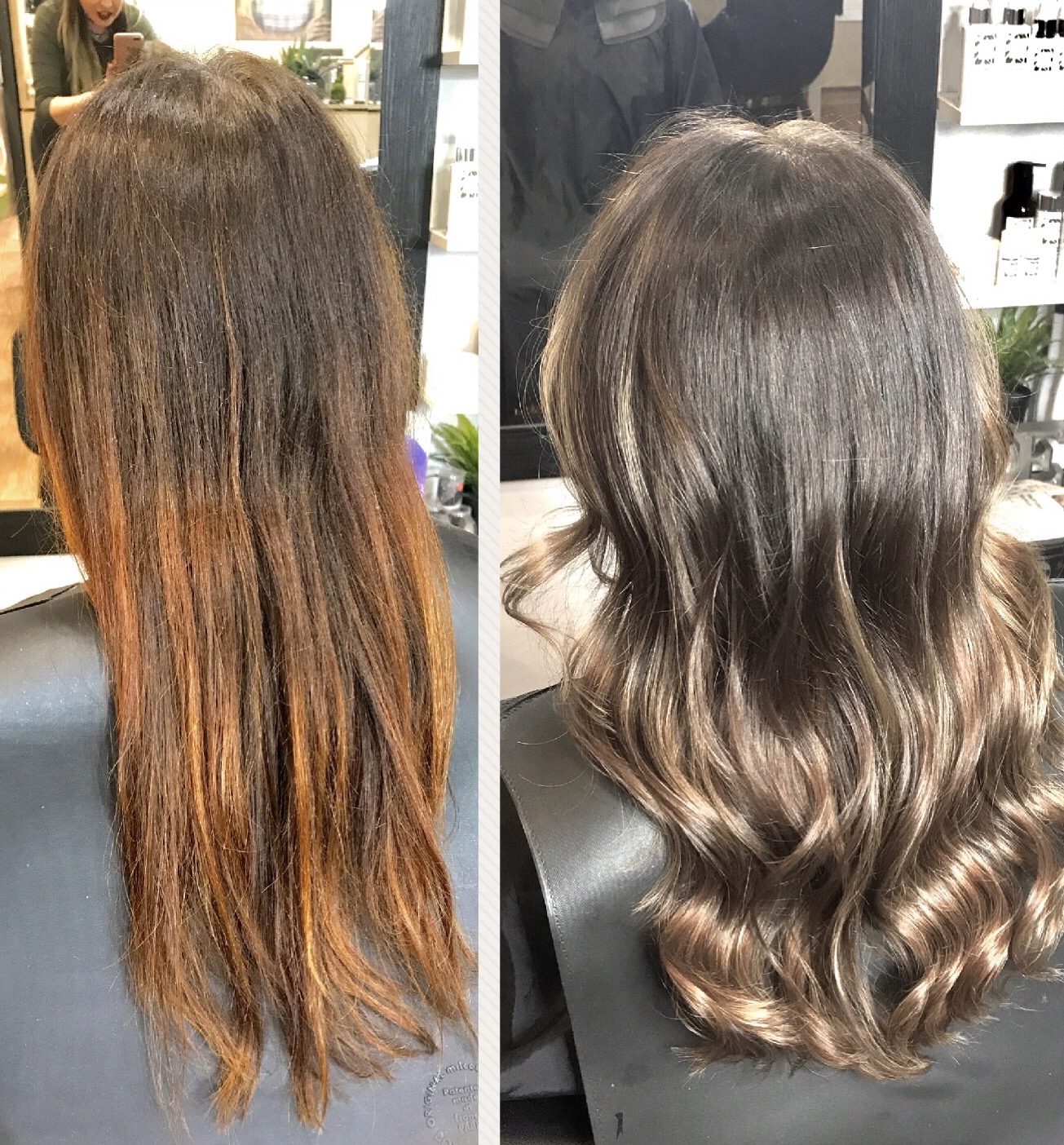
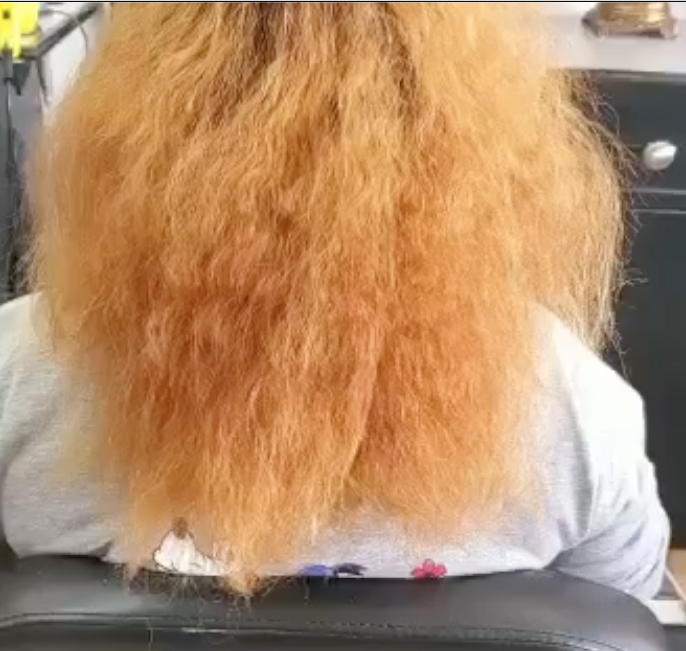
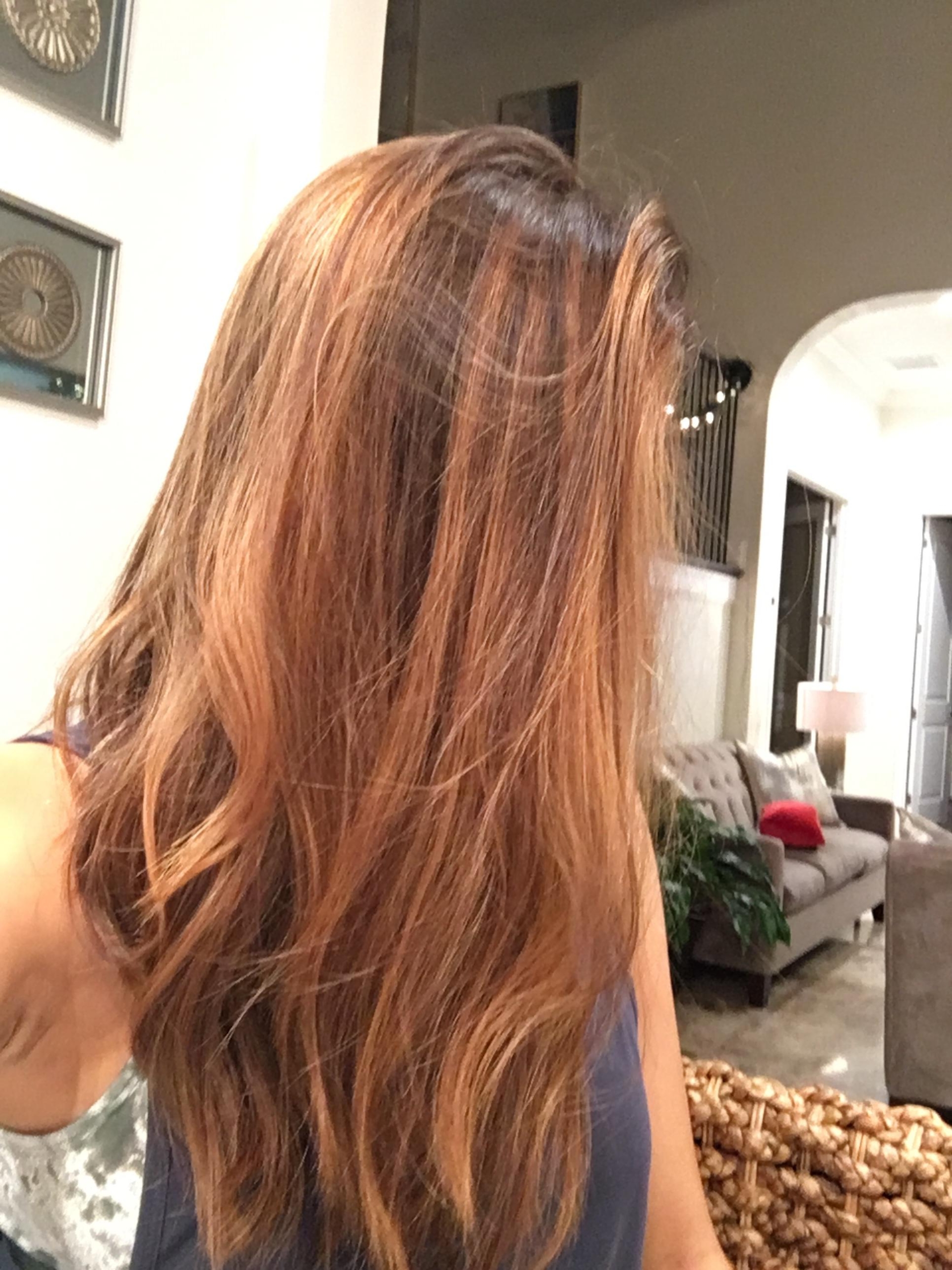
You can reduce the appearance of brassy hair by limiting UV exposure and chlorine-based products. It’s also important to avoid swimming pools, which can strip hair of its color and lead to a brassy tone. Also, you should limit the frequency of hair coloring.
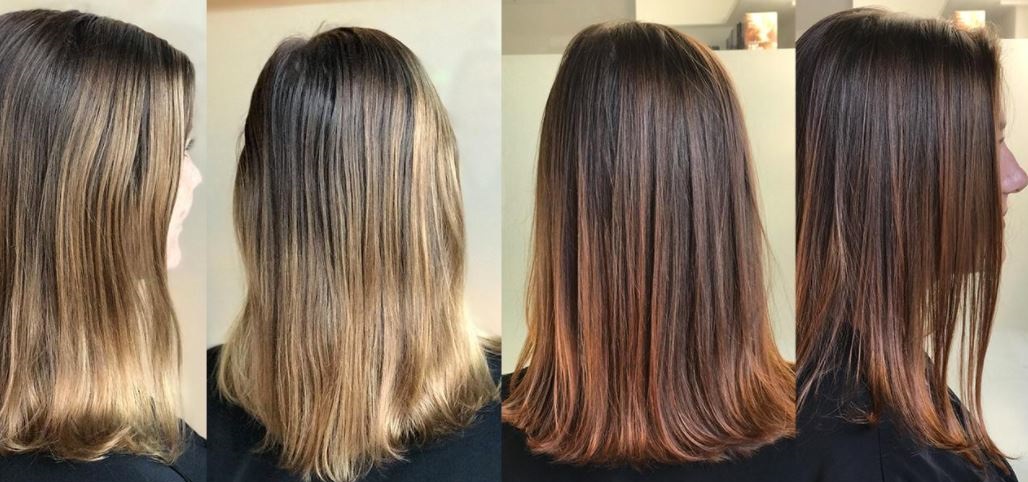
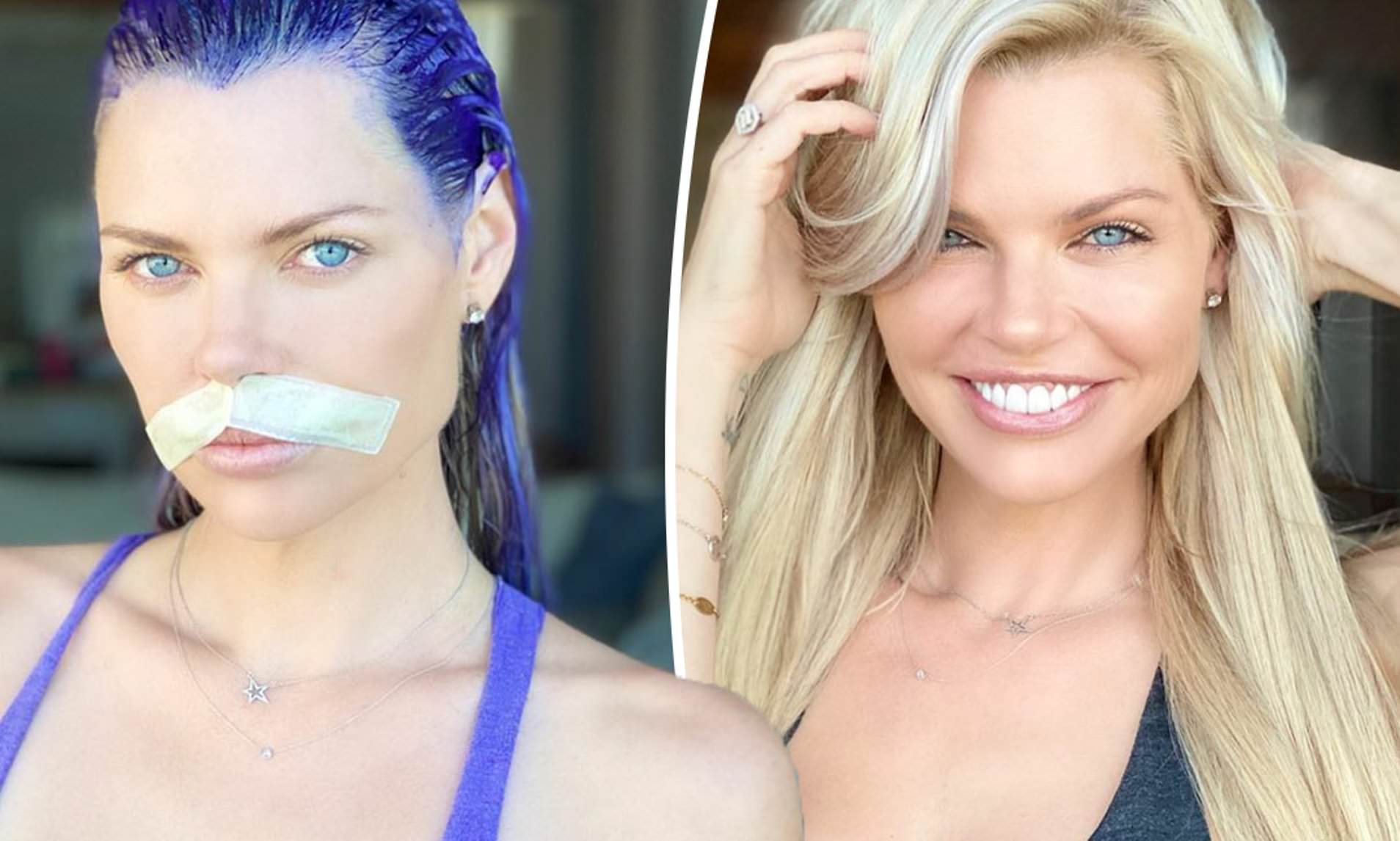
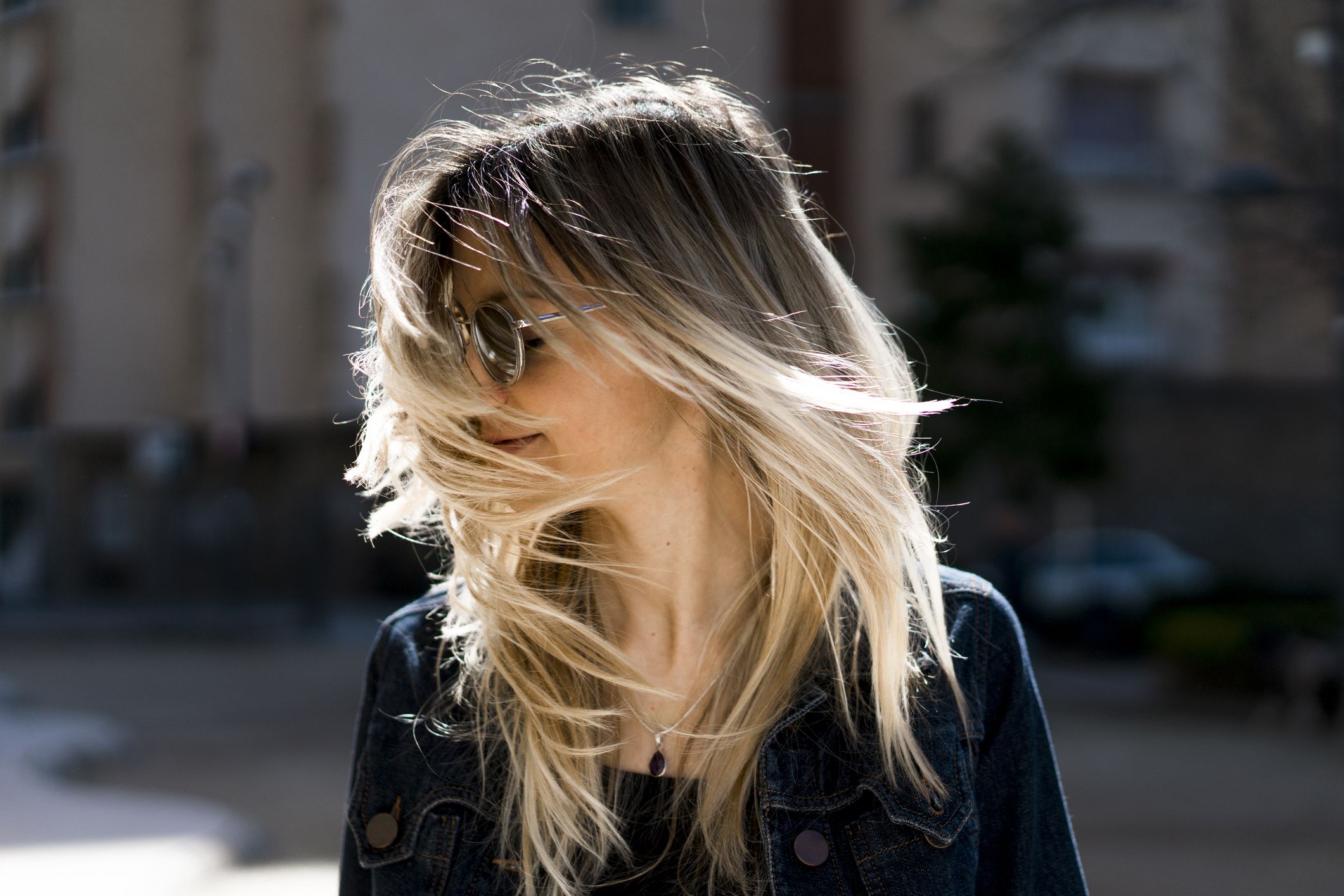
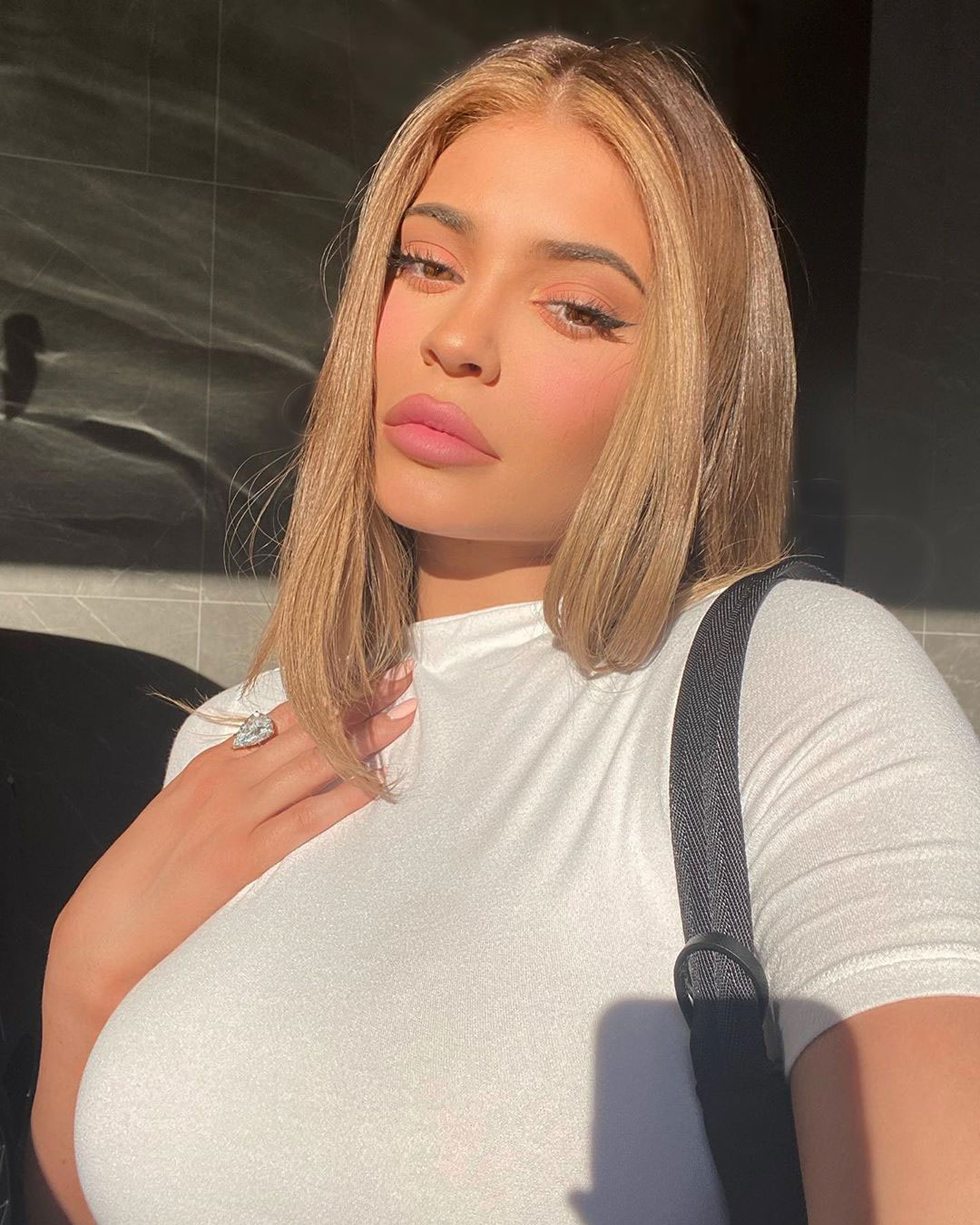
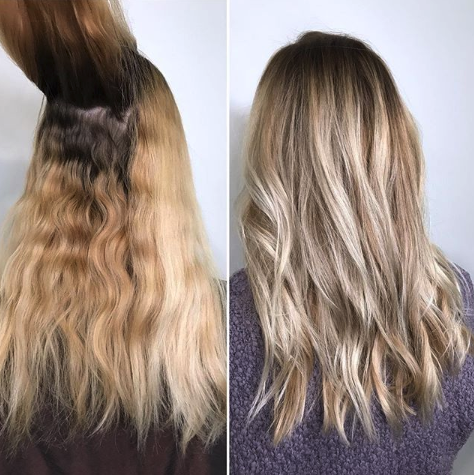
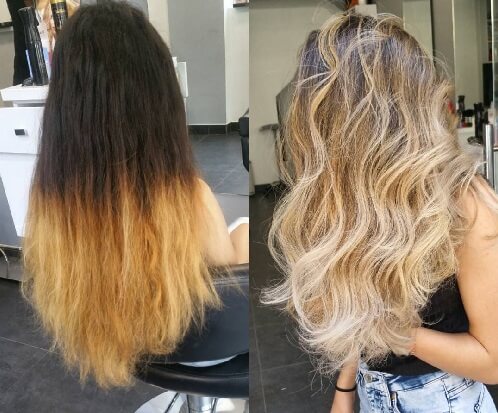
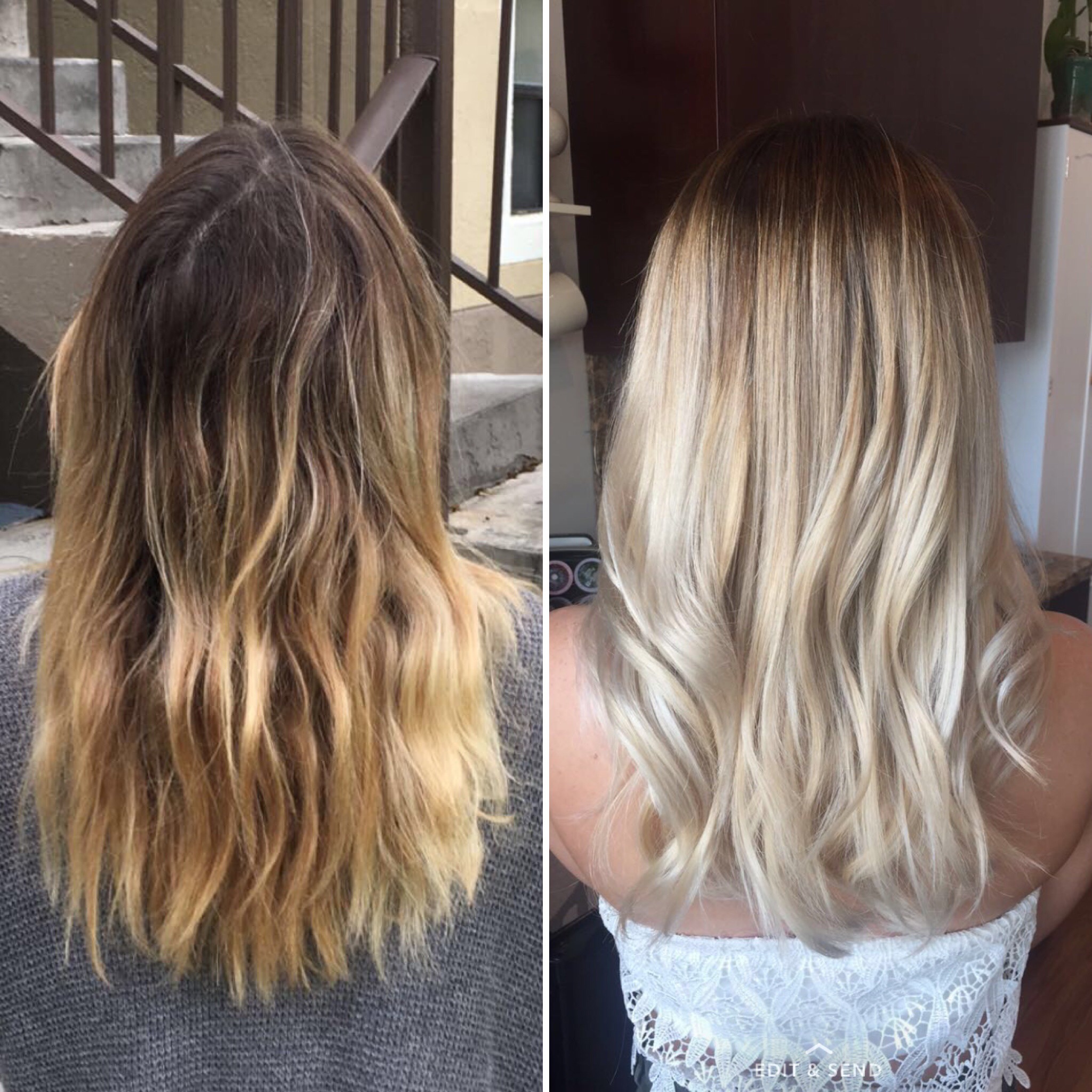
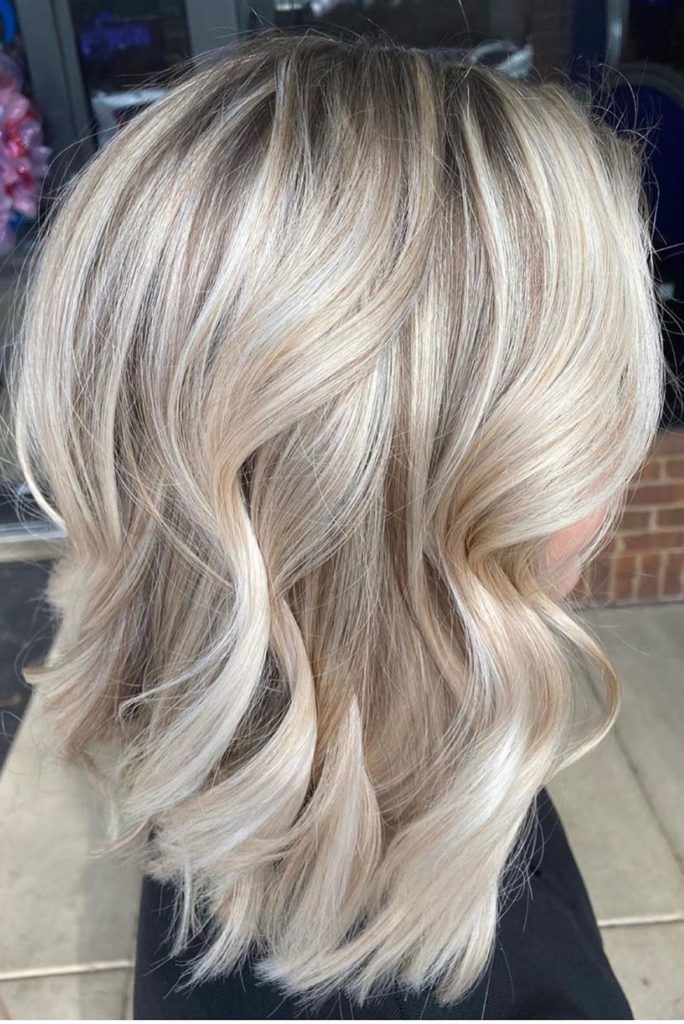
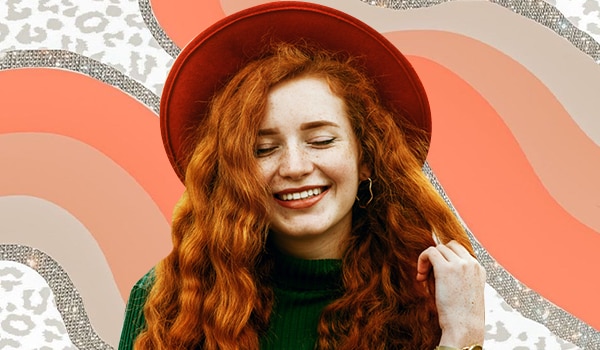
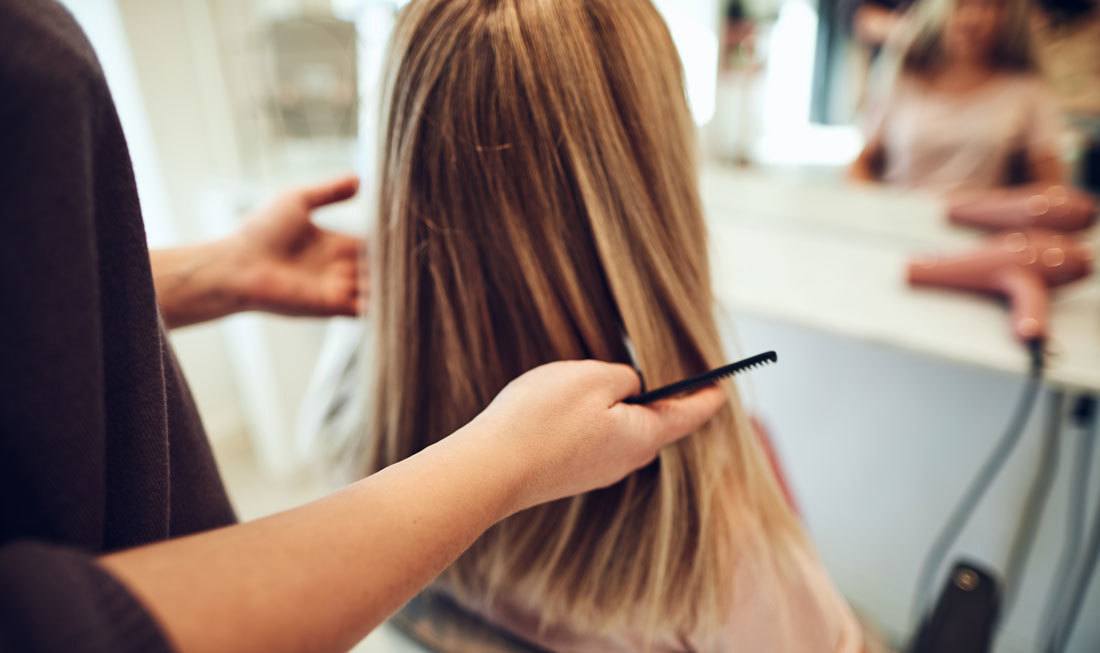
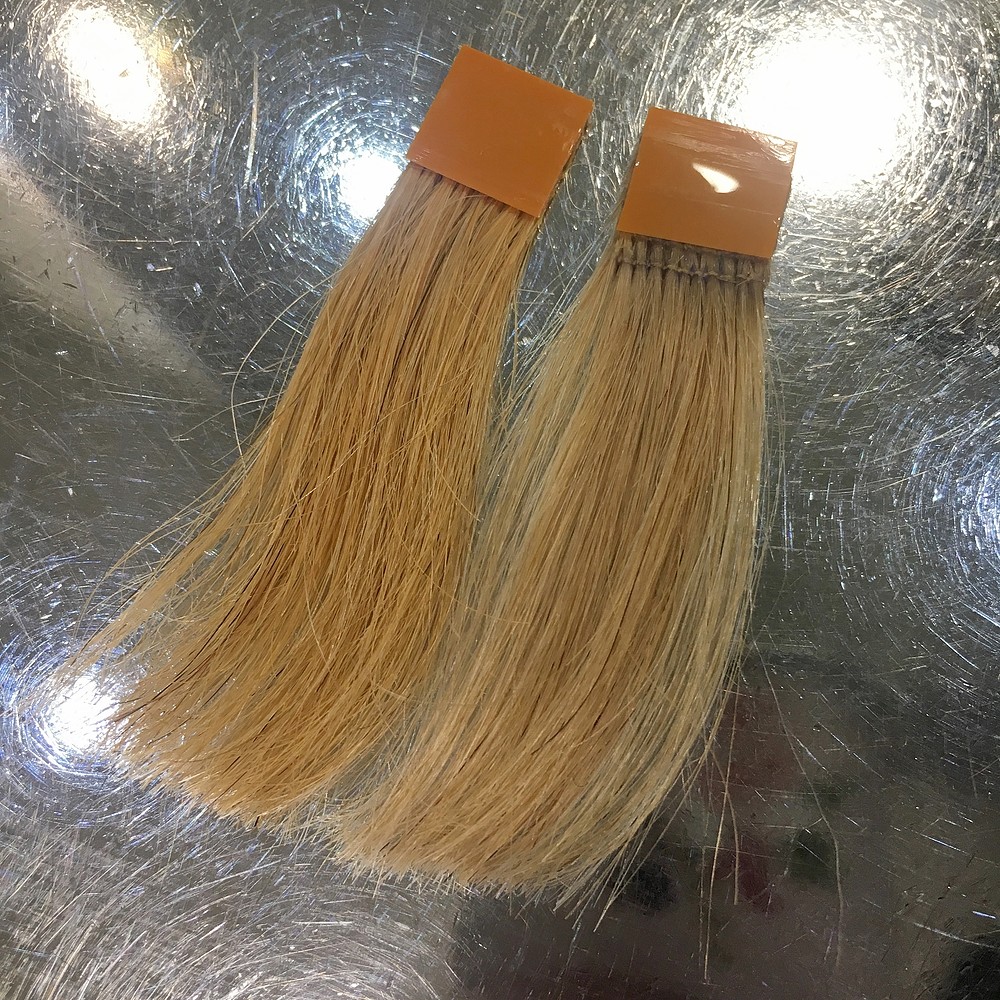
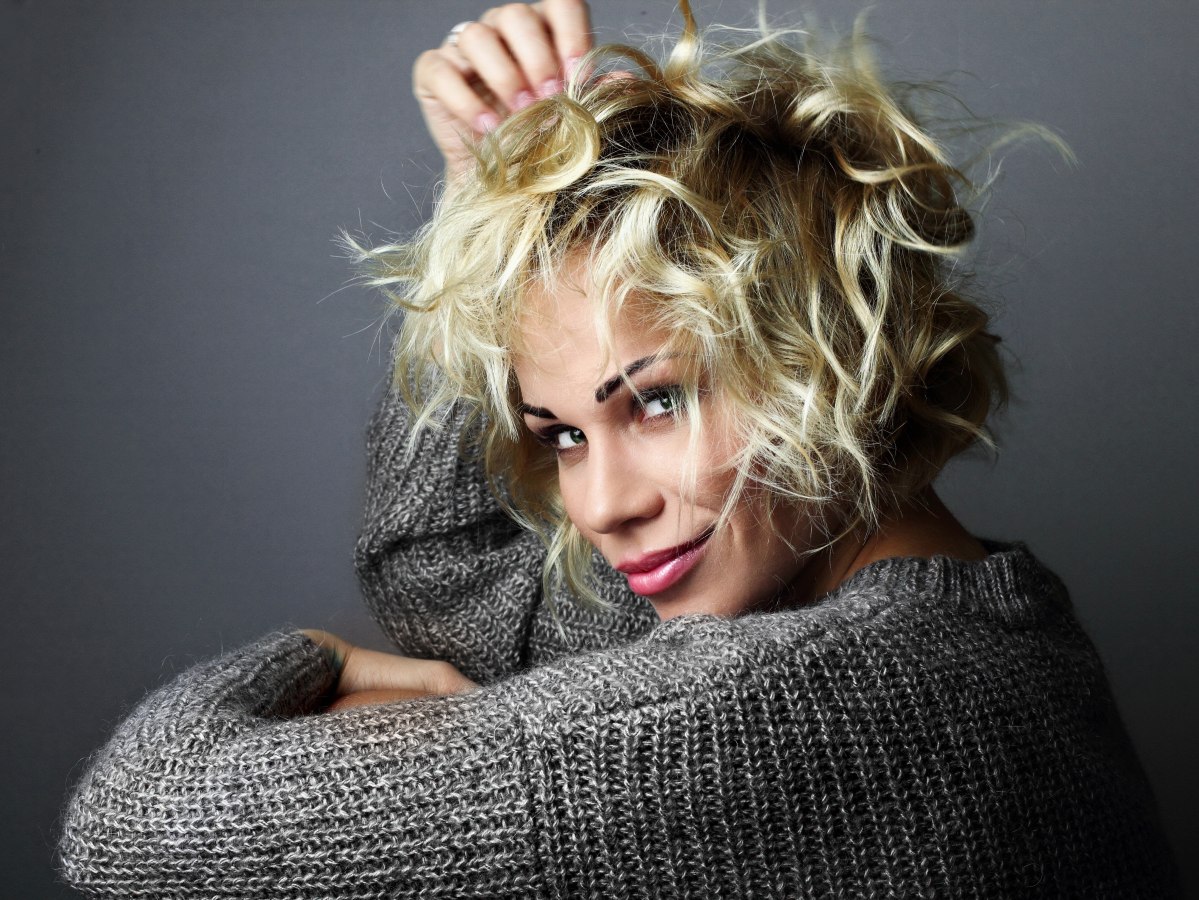
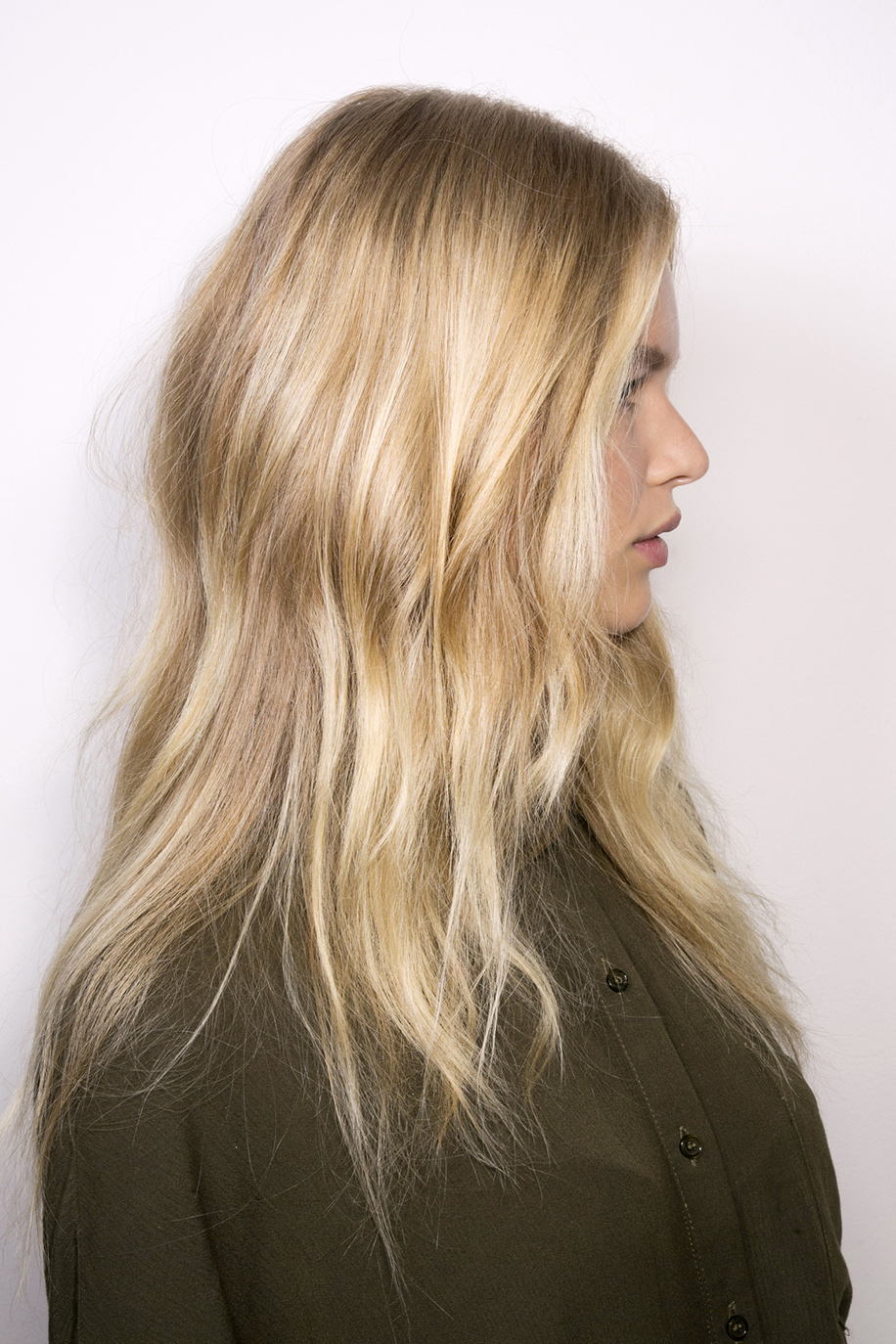
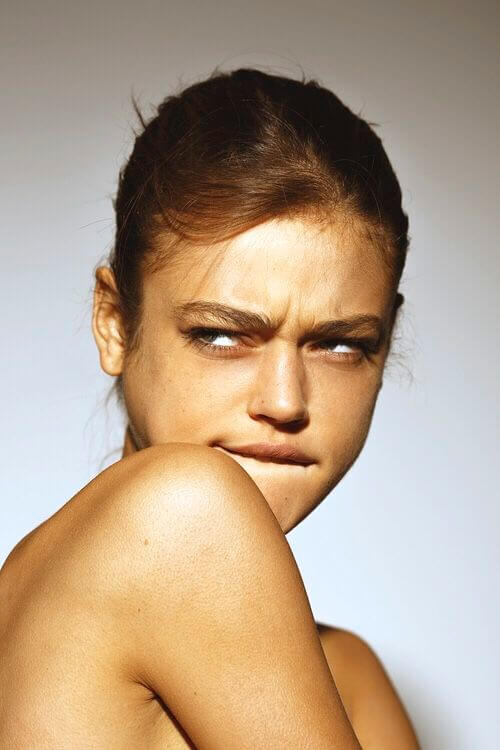
It can be caused by hard water
The minerals found in hard water land on the hair shaft and cause it to look brassy. The color will also fade faster if washed frequently. Fortunately, there are some ways to mitigate the effects of hard water on your hair. Here are a few options: Hard water filters, deep conditioning treatments, and a shower head filter.
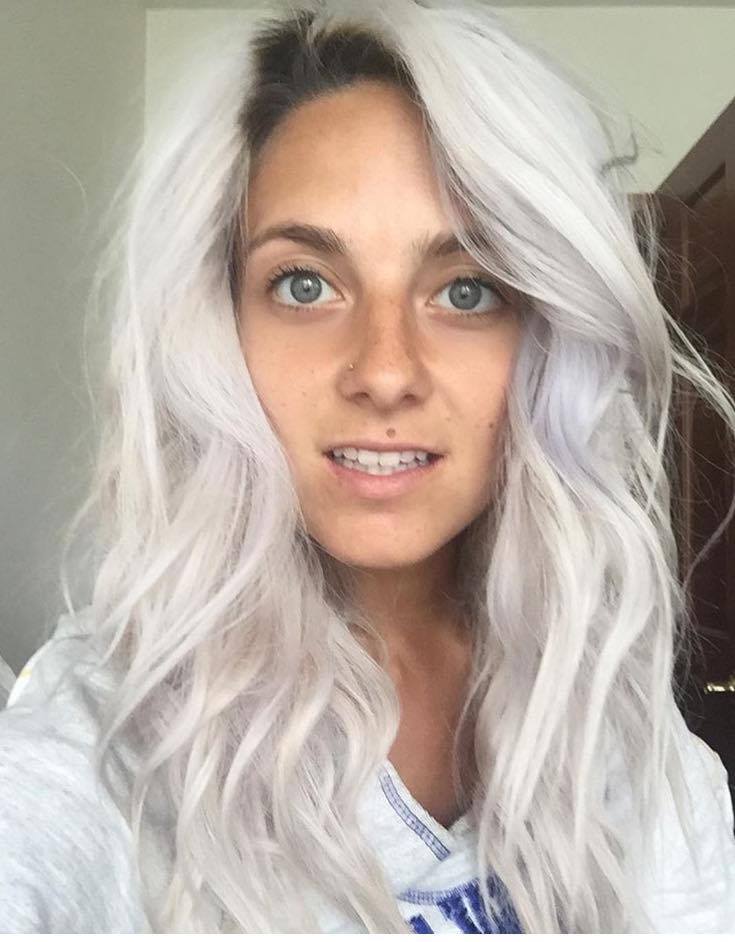
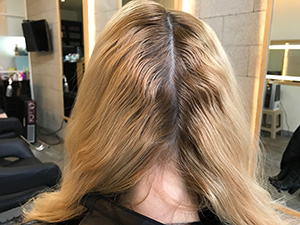
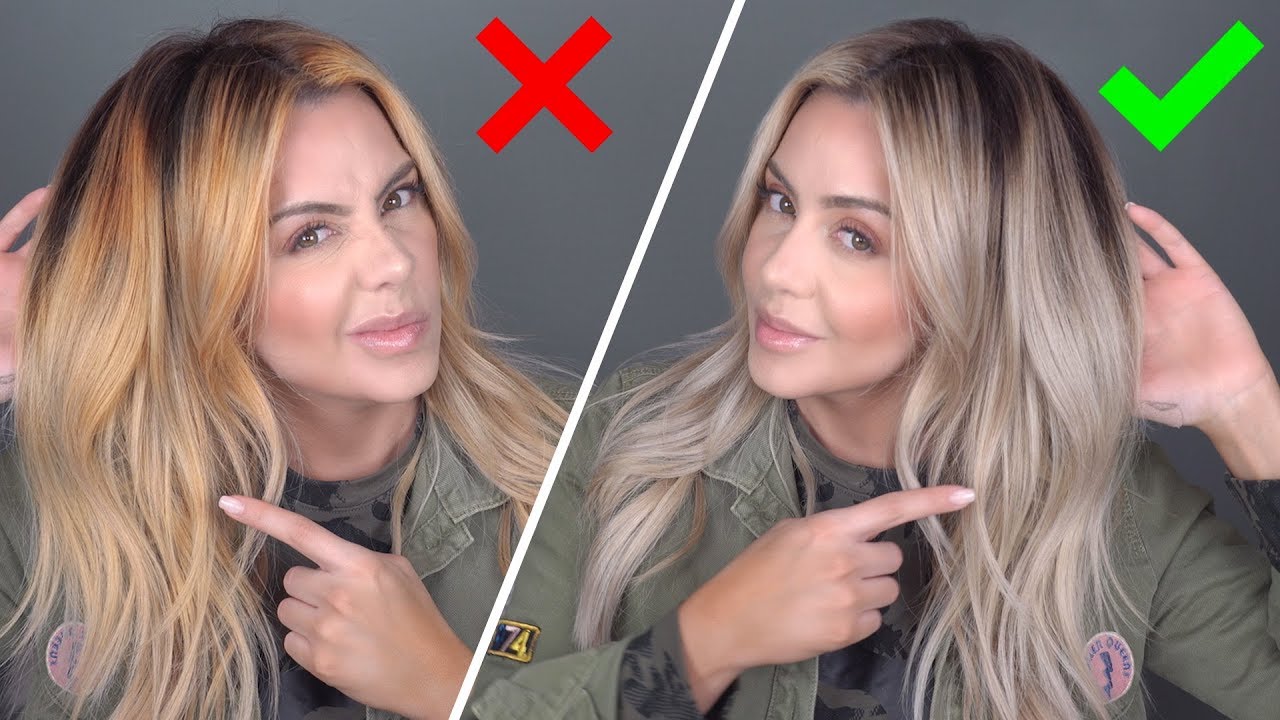
A showerhead filter removes up to 95 percent of chlorine and other impurities from water, so it won’t strip your hair’s color. These filters also improve the condition of your skin. They are an easy way to prevent brassy hair and prevent it from becoming a permanent style.
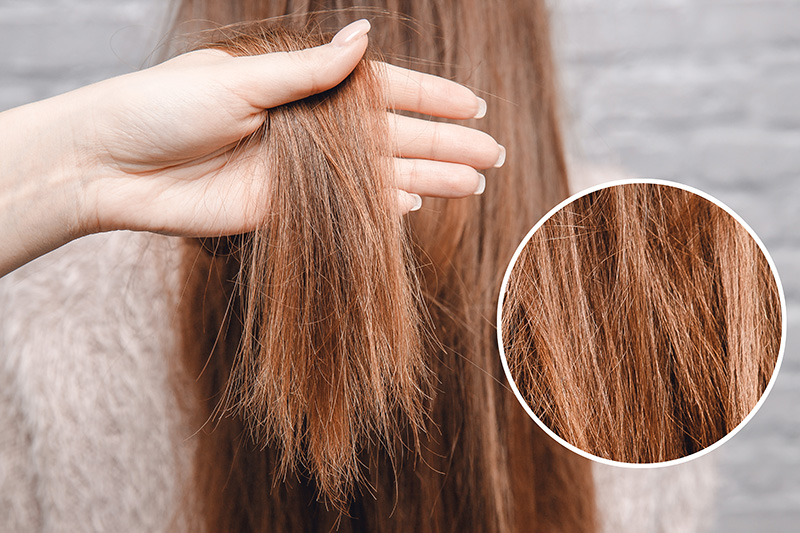
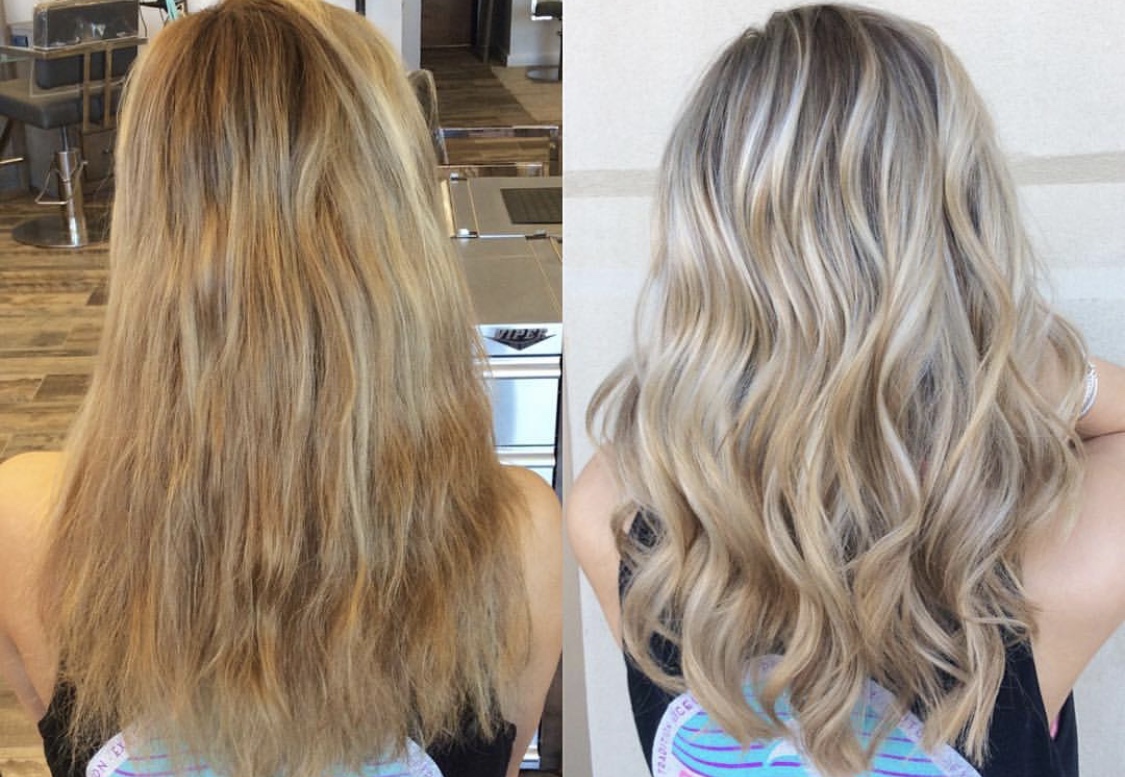
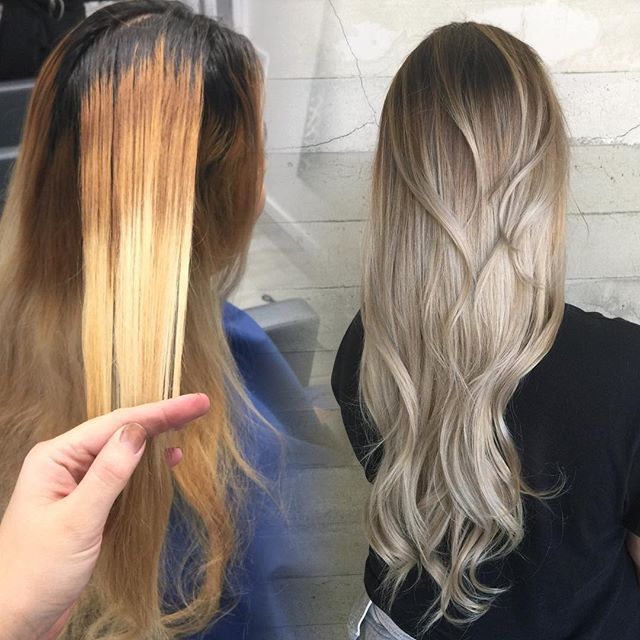
Hard water also affects hair color and texture. According to celebrity hairstylist Marc Mena, people with extremely hard water are more prone to discoloration. The minerals in hard water form a scaly film on the hair, which prevents it from absorbing moisture and retaining color. Additionally, hard water can cause your hair to appear dry, making it difficult to style.
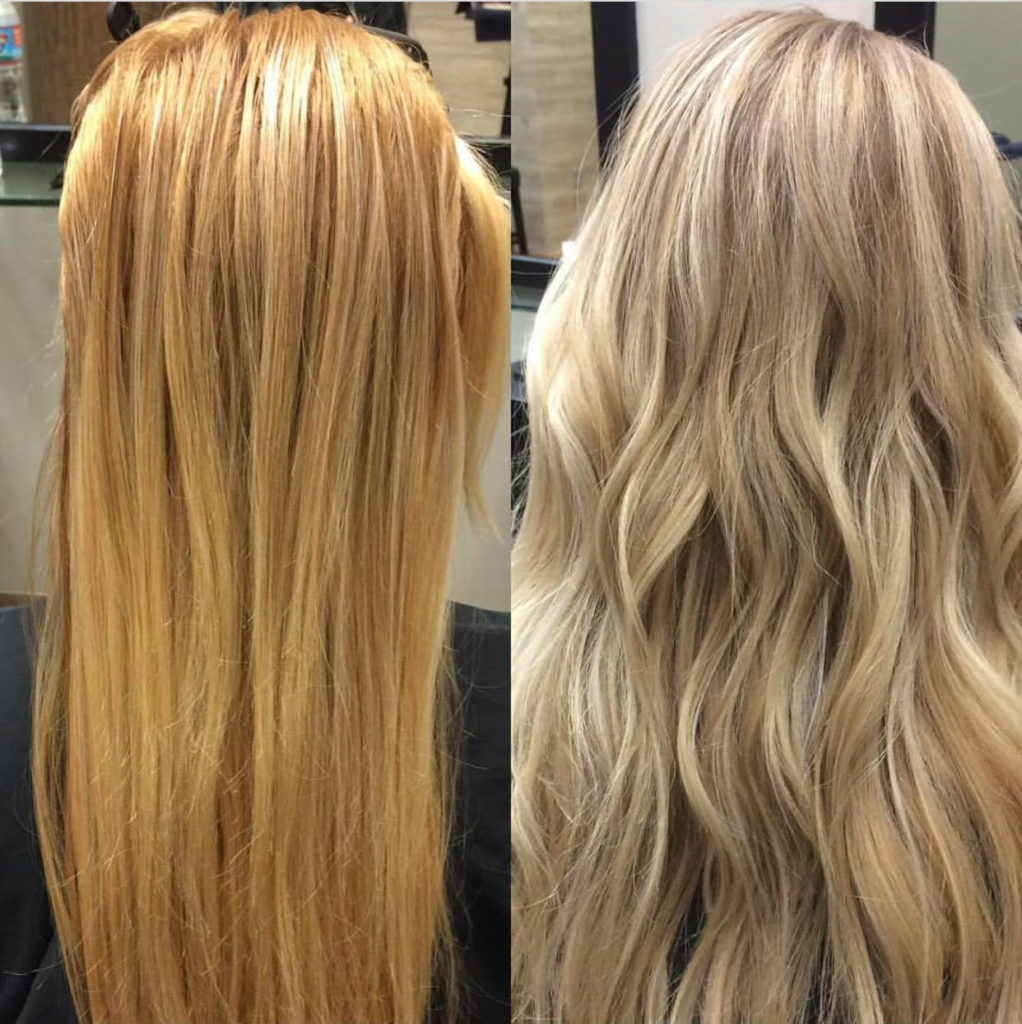
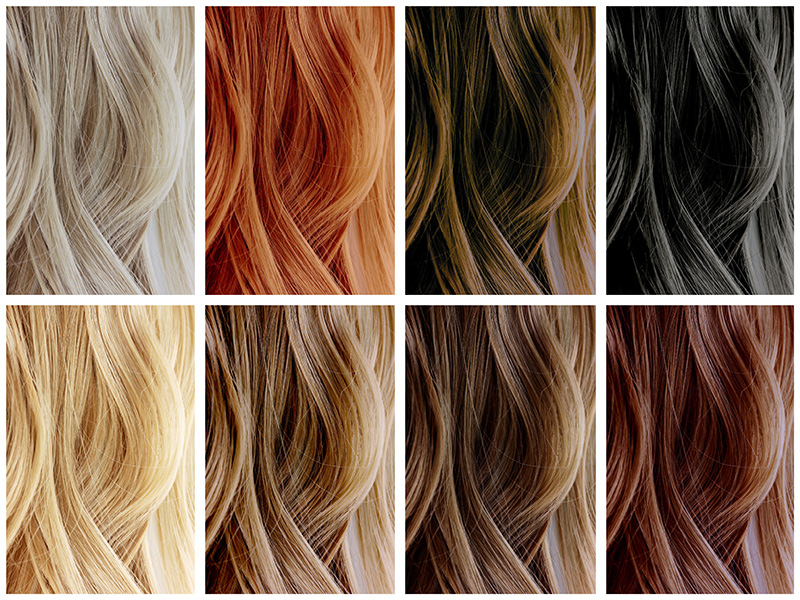
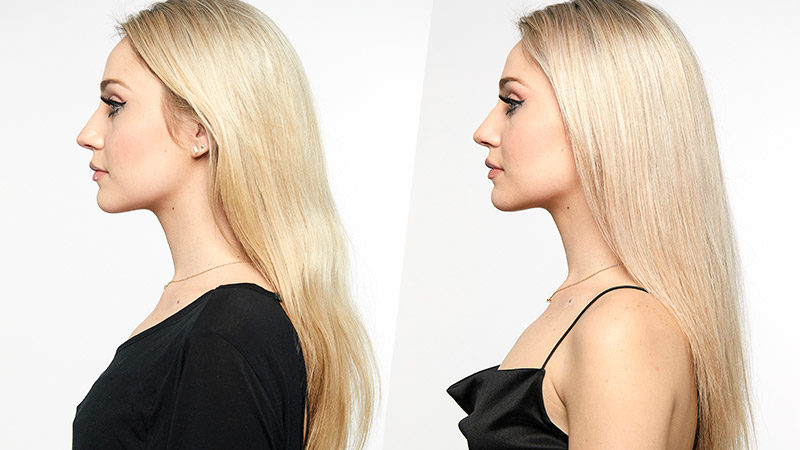
In addition to discoloration, hard water can also cause brassy hair. This condition can occur from exposure to chlorinated or salt water. The problem is more serious if you live in an area where hard water is prevalent. In addition to brassiness, hard water can also leave your hair with a yellowish-brown tint.
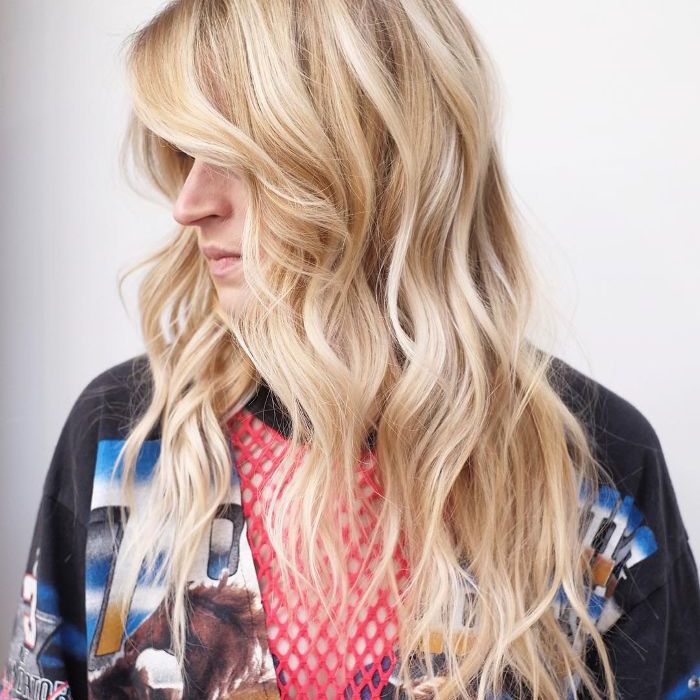
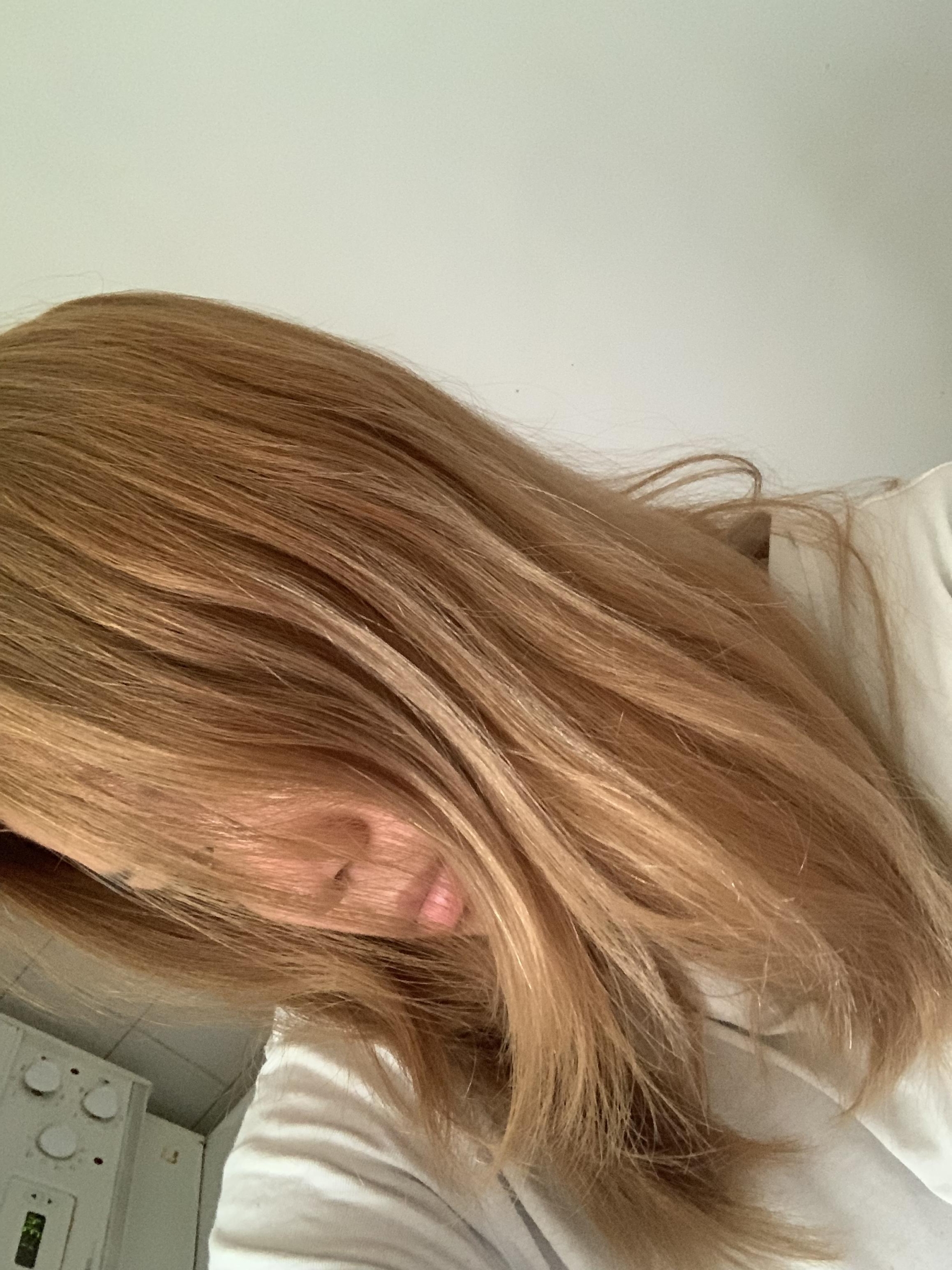
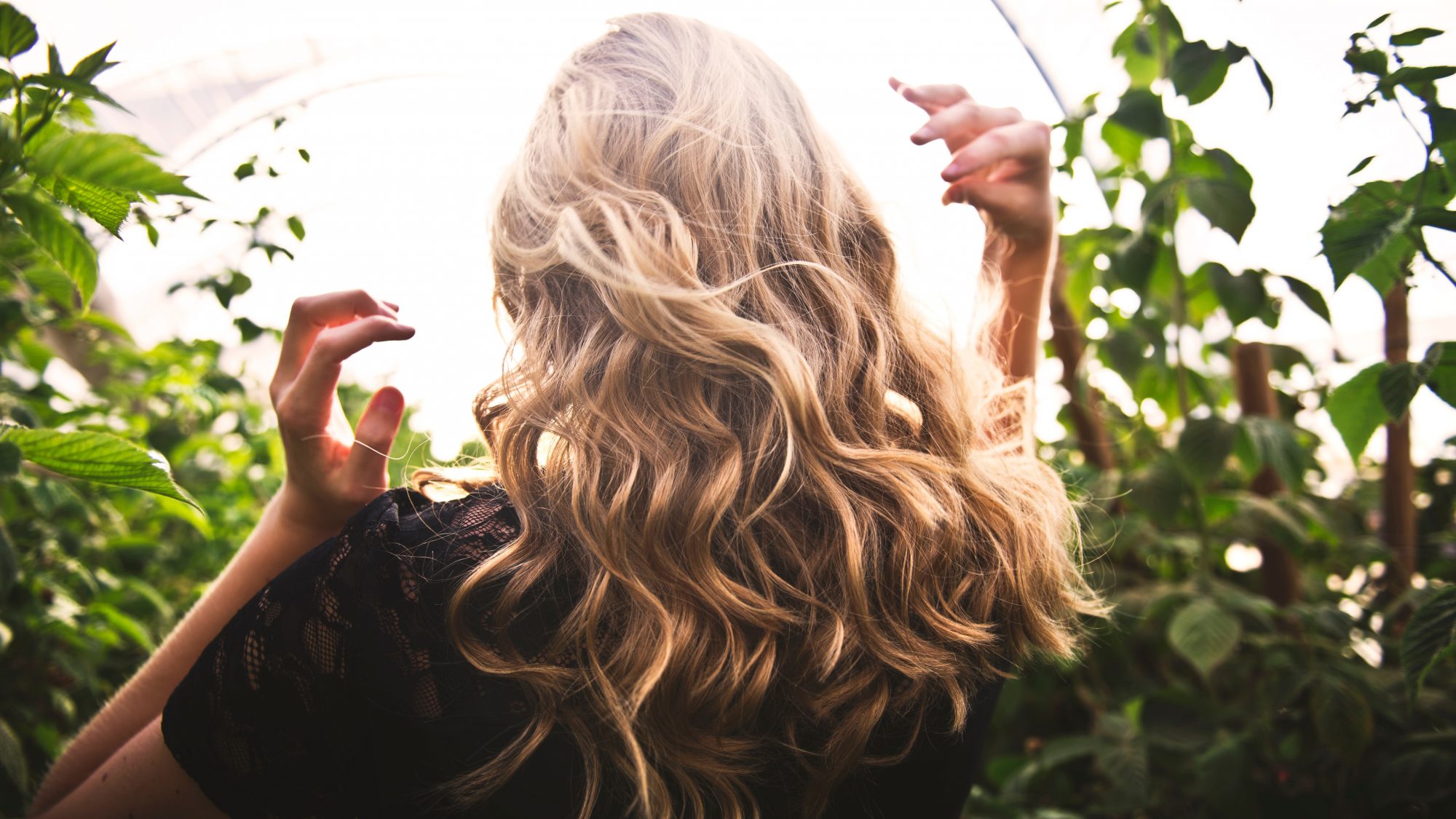
Hard water can affect all types of hair. Porous hair is particularly vulnerable to the effects of hard water, as minerals can penetrate through it. Hard water can cause premature color fading, greasy appearance, and dandruff.
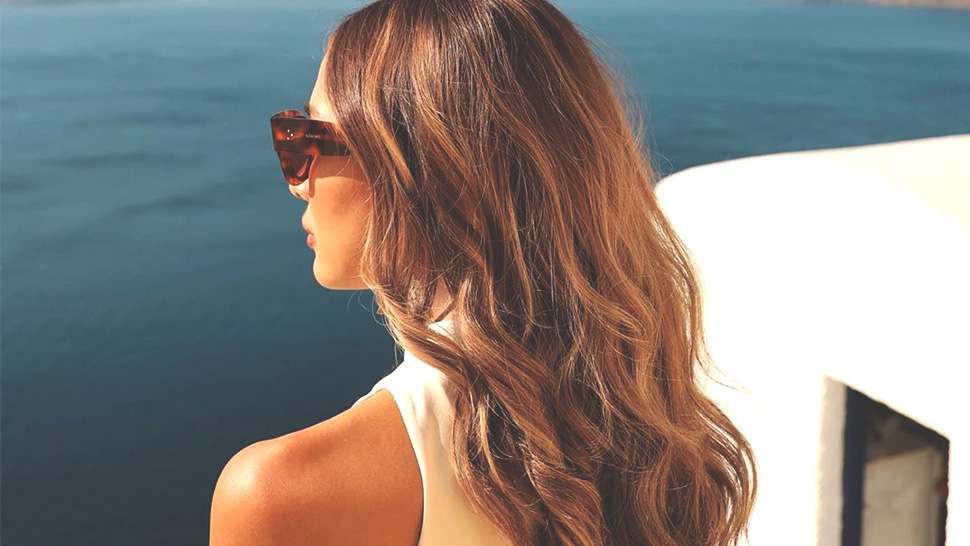
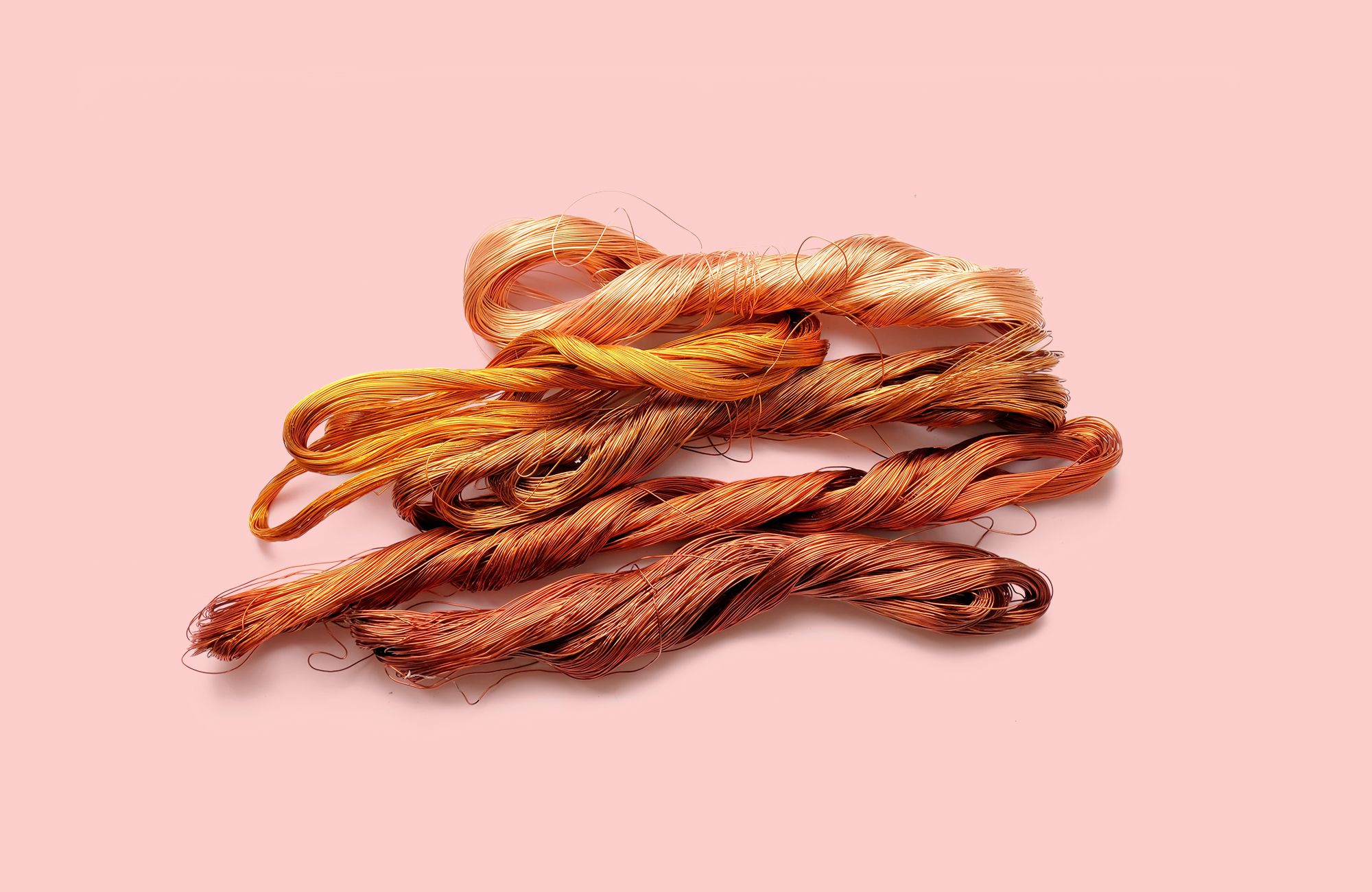
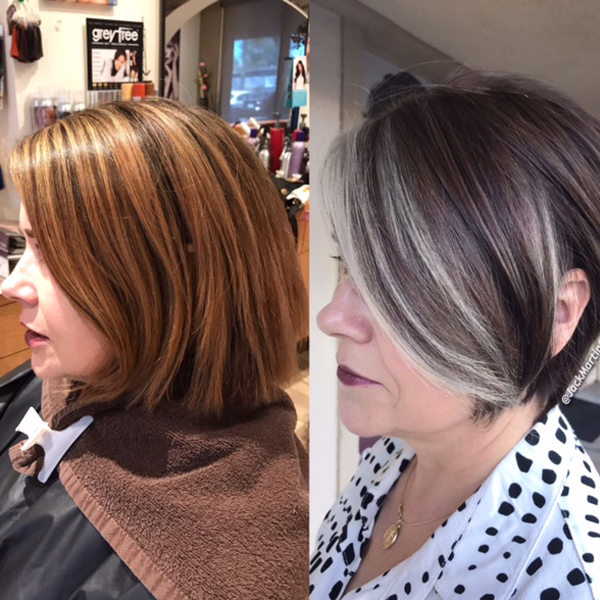
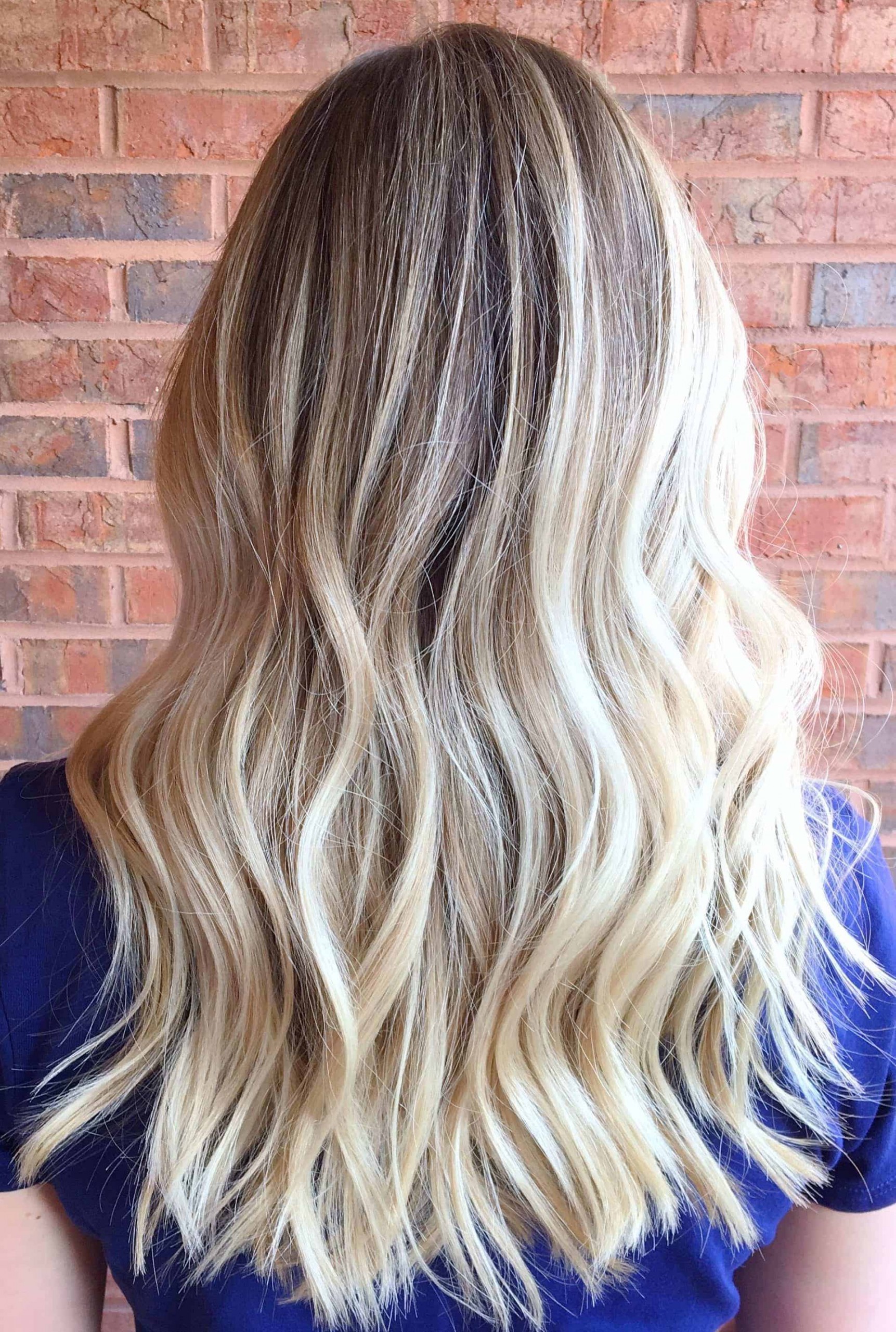
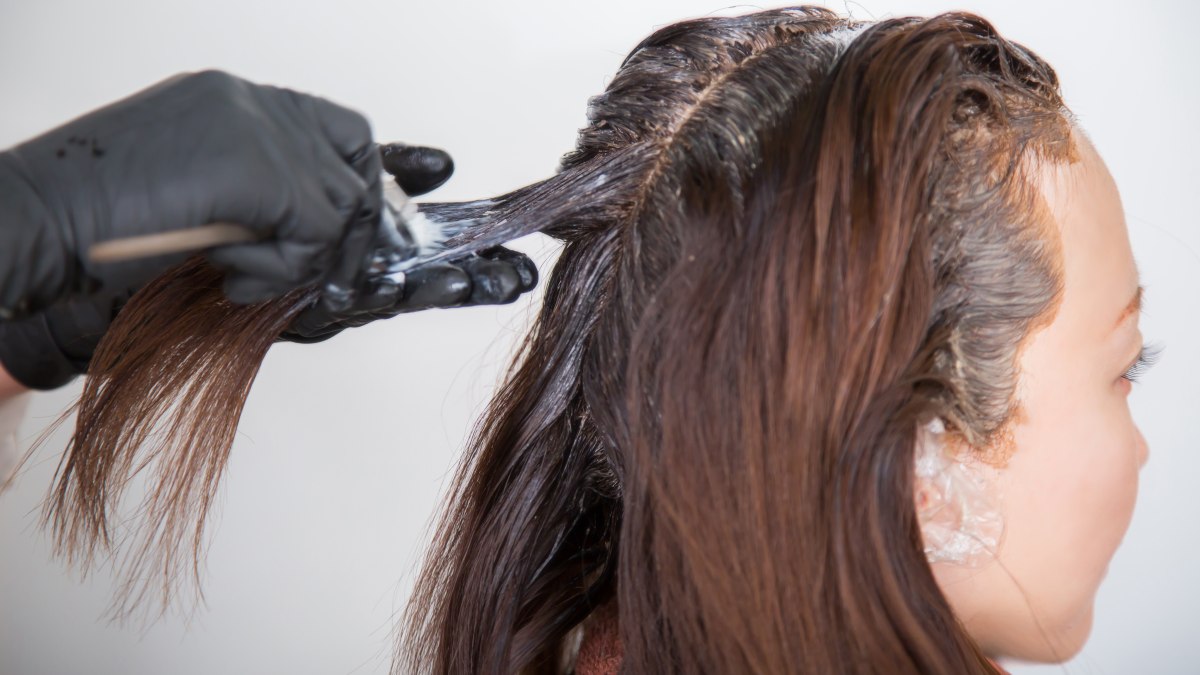
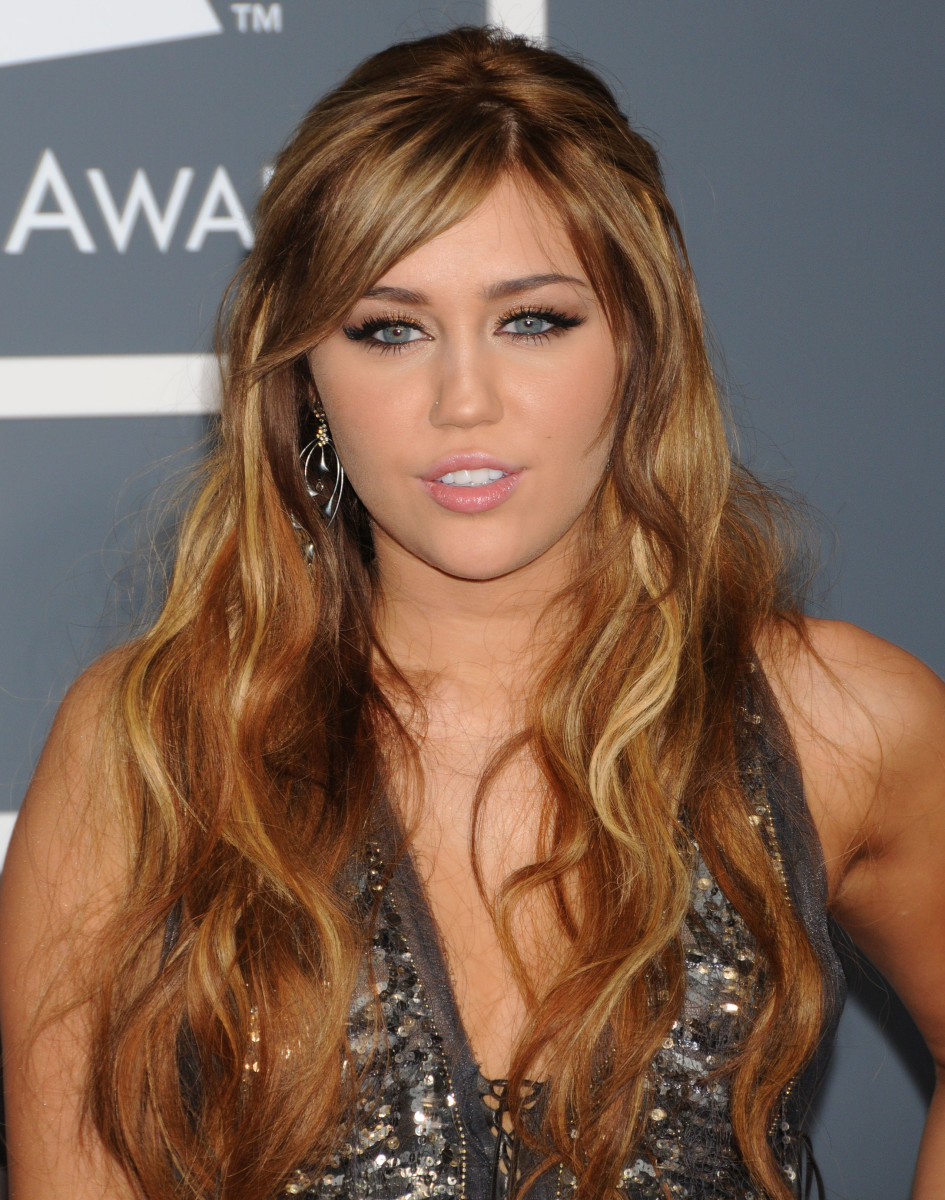
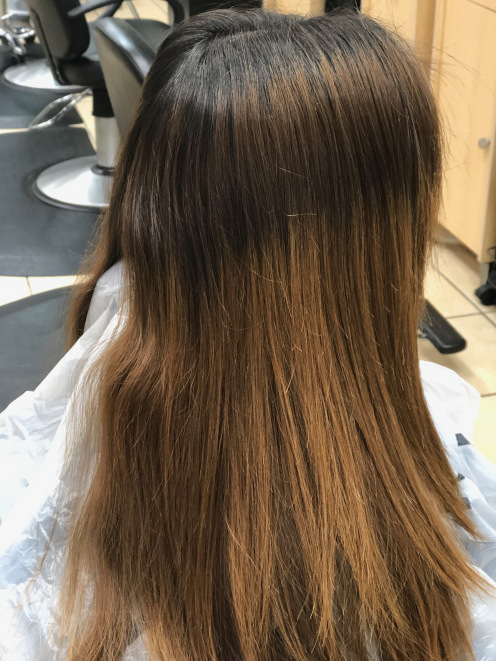
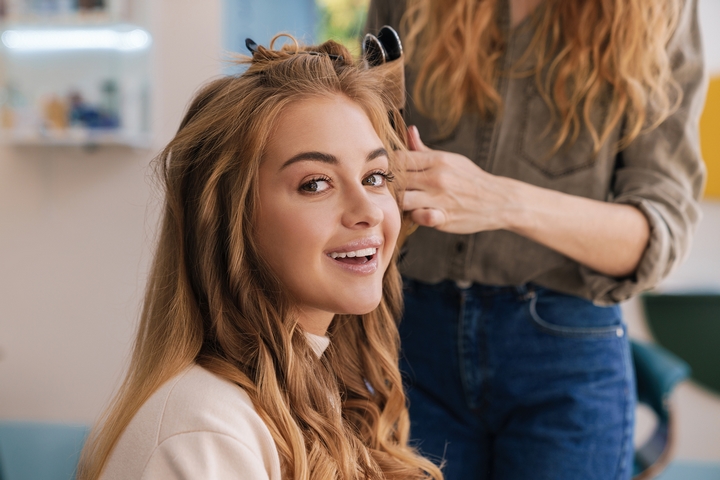
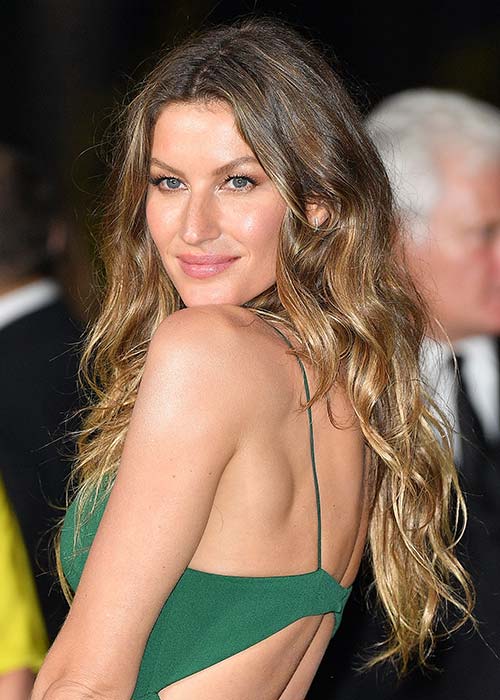
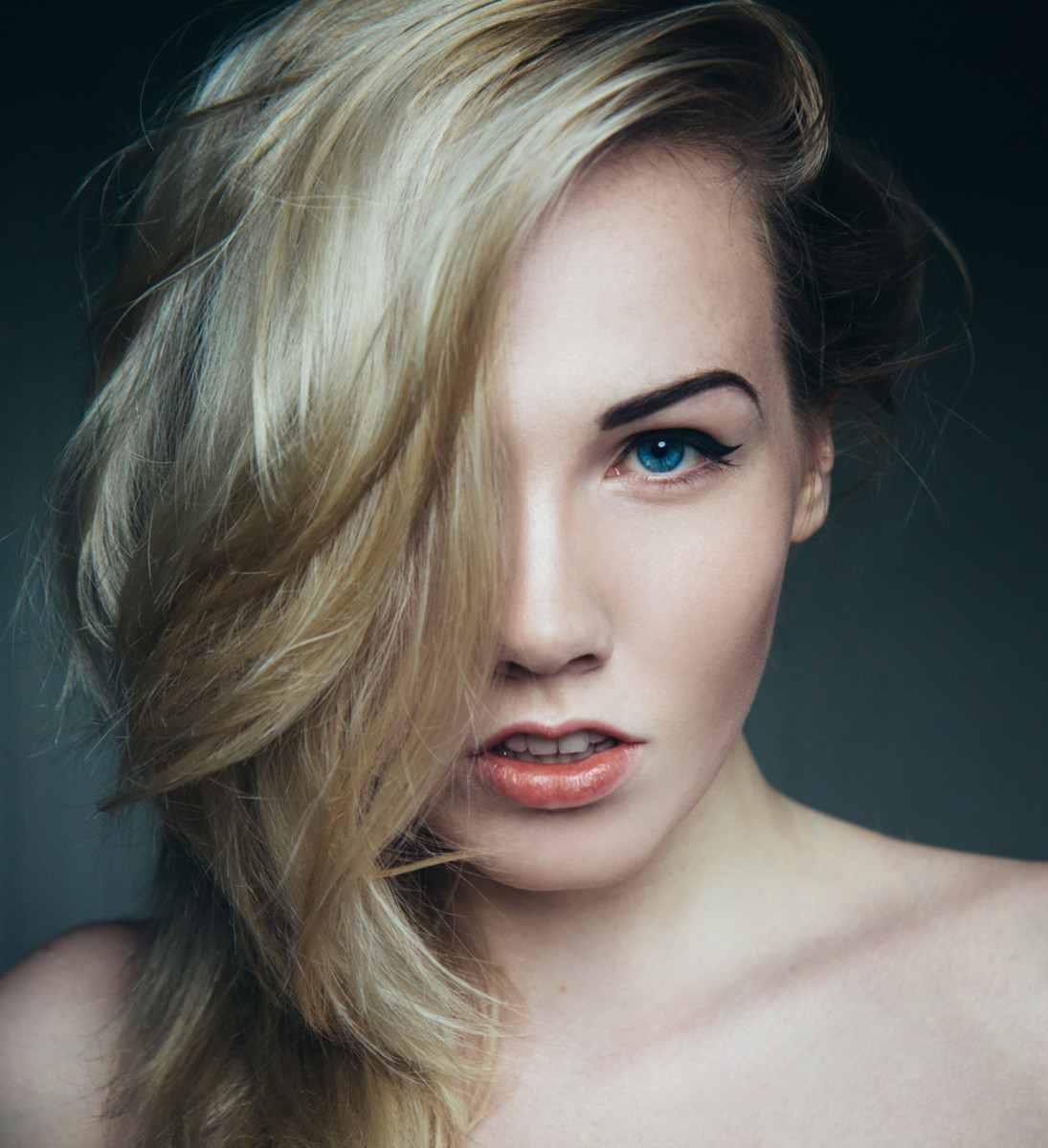
It can be caused by shampoo
If you’ve been noticing that your hair is turning brassy after washing it, there are a few things you can do to fix the problem. One of the biggest causes of brassy hair is high mineral levels in your water. Hard water tends to taint your hair by depositing color-tainting minerals, but it also locks in moisture. Using a water filter is one option, and you should also cut back on your hair wash frequency. If you’re unable to stop washing your hair, you may want to try buns and braids, or use dry shampoo to hide the dirt.
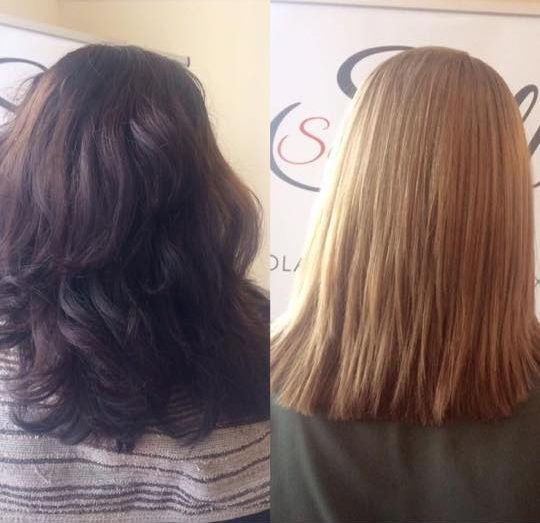

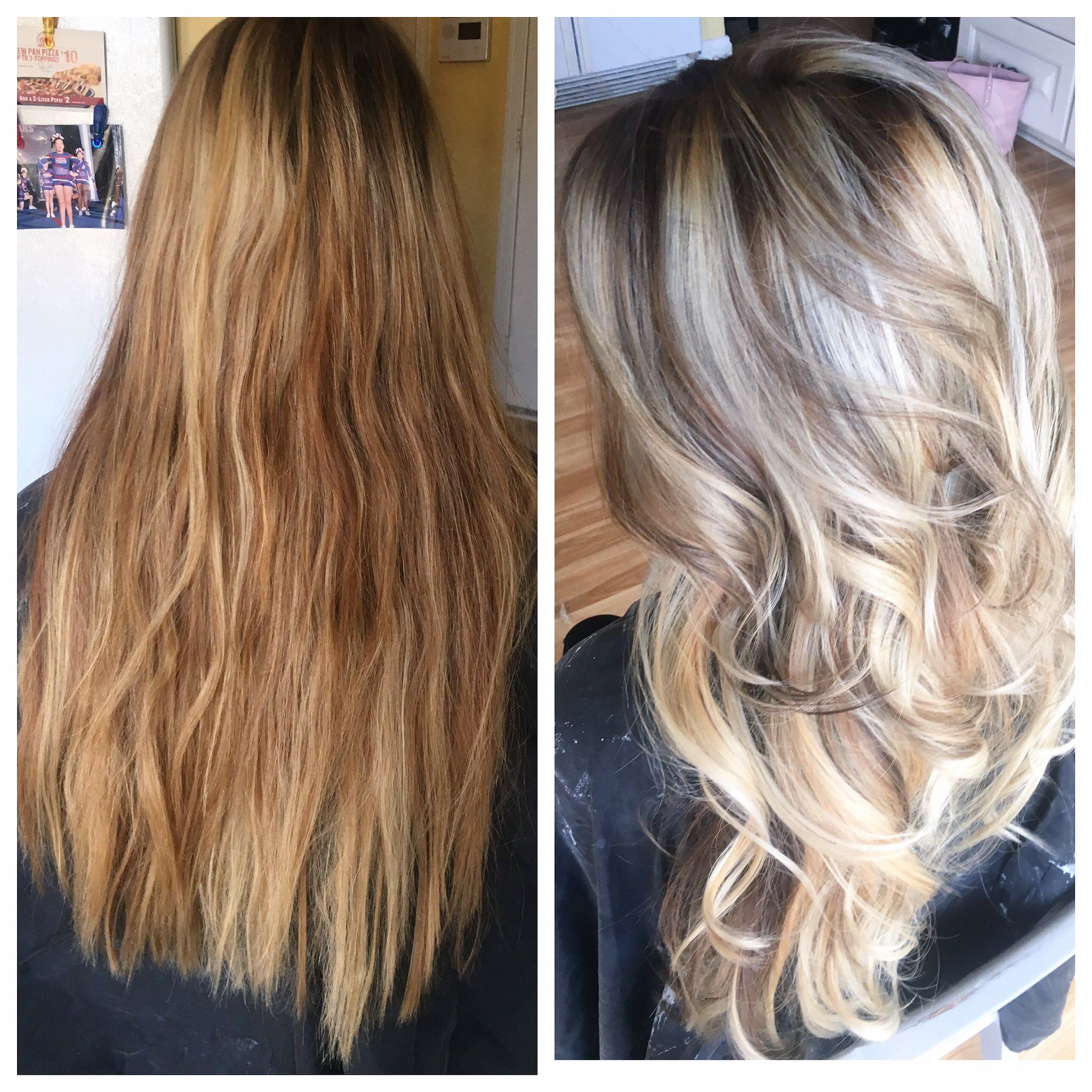
Hair dyes contain warm pigments. When the cuticles of the hair shaft are opened, the color and moisture can escape, causing a brassy appearance. While brassy hair is associated with dry hair, it can also be caused by over-exposure to the sun, hot water from showers, and heat during styling. You may also be prone to brassy hair if you regularly use sulfate-based shampoos, which can strip color from your hair.
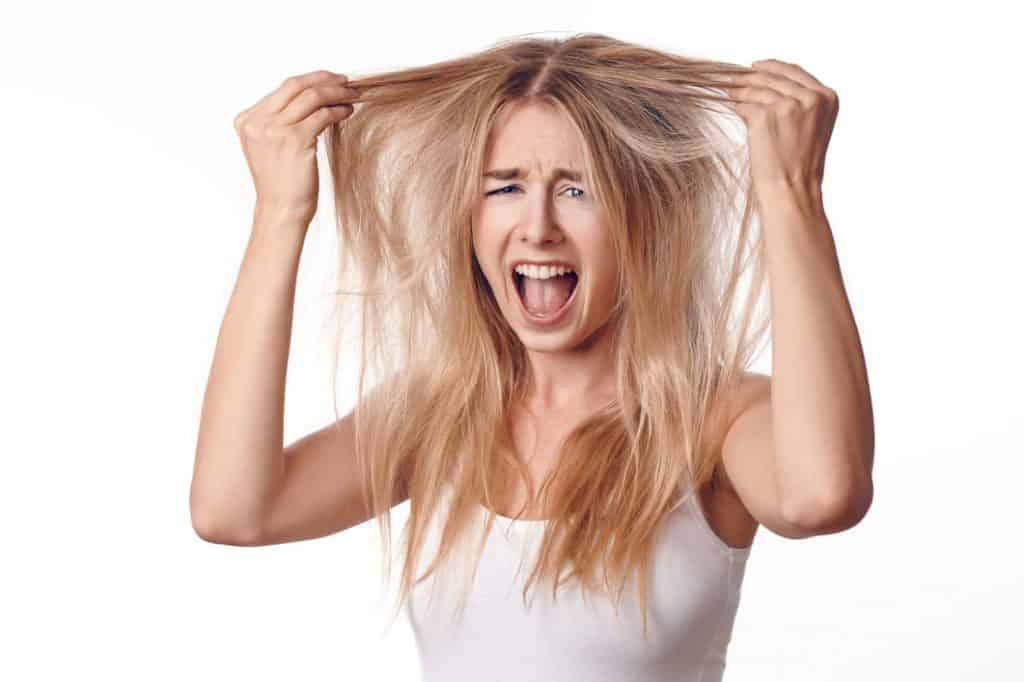
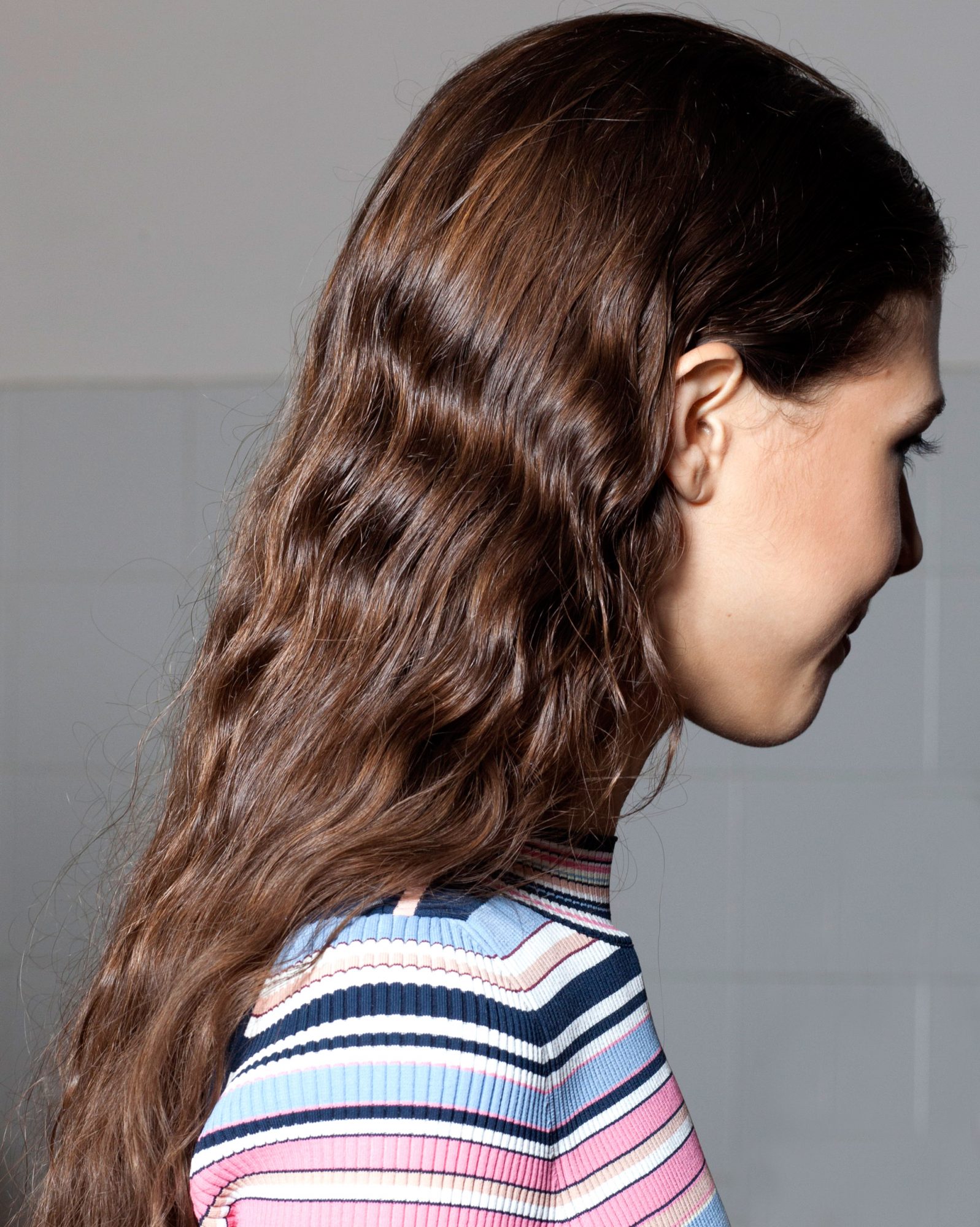
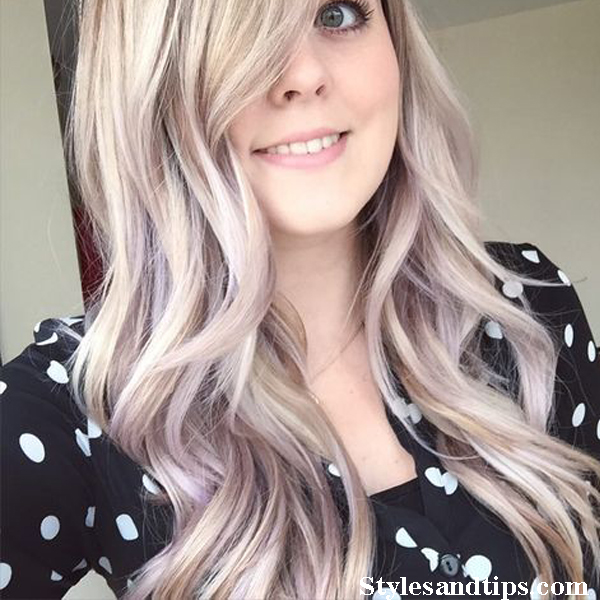
While shampoo does not necessarily cause brassy hair, you can prevent it from returning to its natural color with temporary rinses. These temporary hair color-altering products can be used in the shower after shampooing. For example, you can use Roux’s Fanci-Full to change your hair color temporarily.
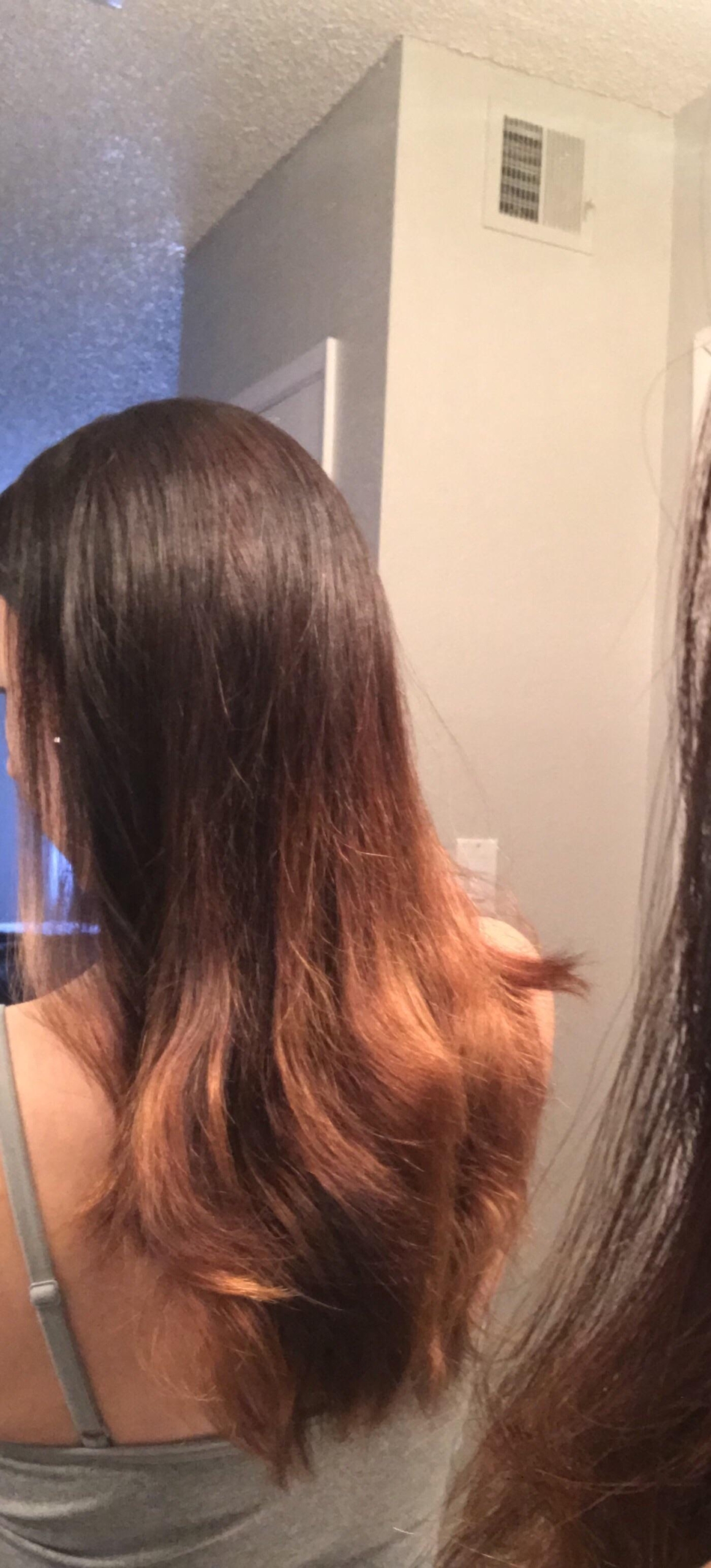
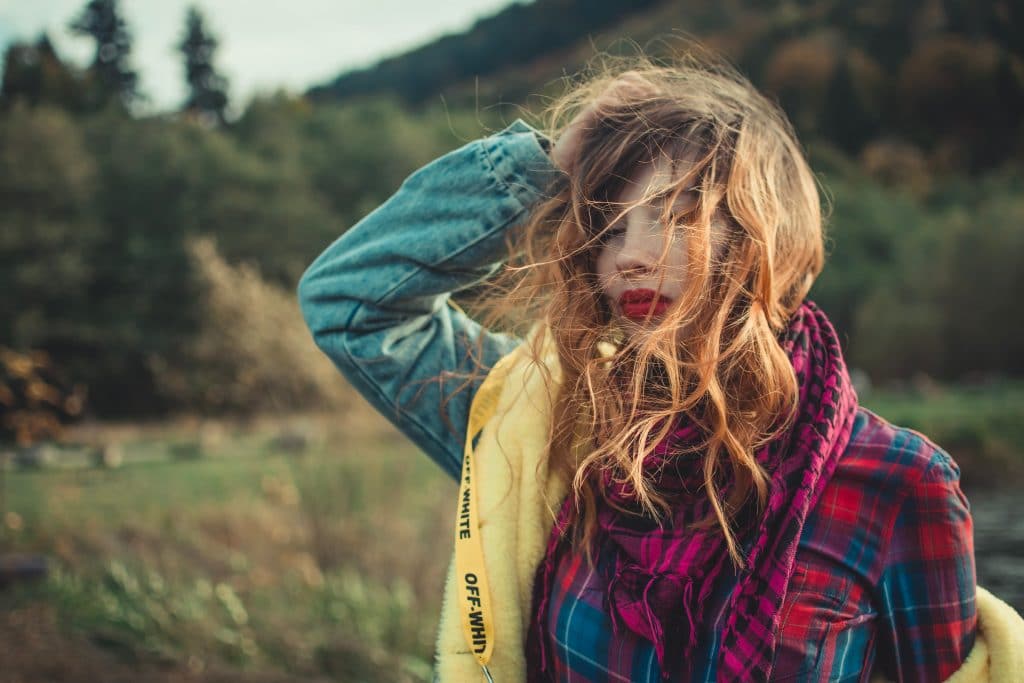
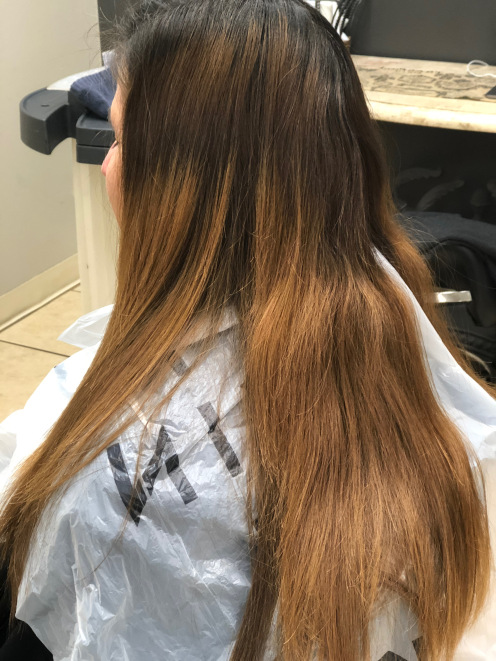
Using a chelating shampoo is another way to prevent brassy hair. It helps remove buildup of chlorine and other metals, and it also removes brassiness from your hair. Aside from a chelating shampoo, you can also use a clarifying shampoo to remove mineral and chlorine deposits.
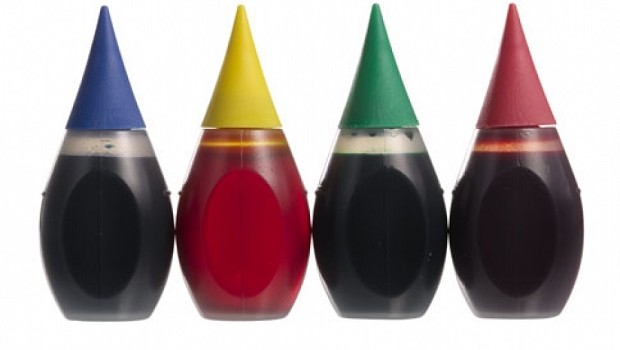
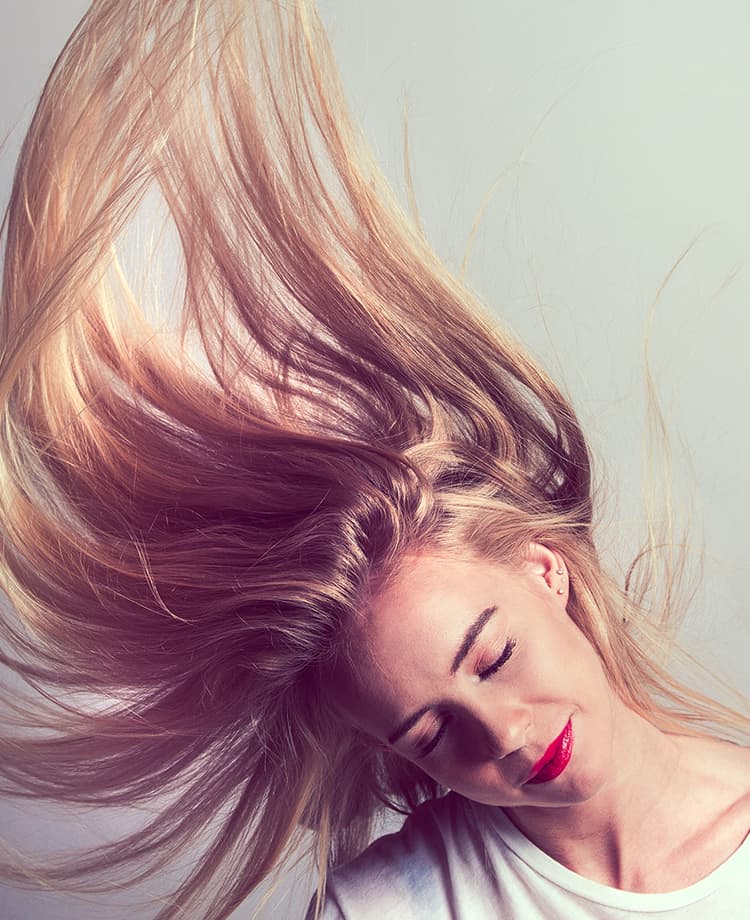
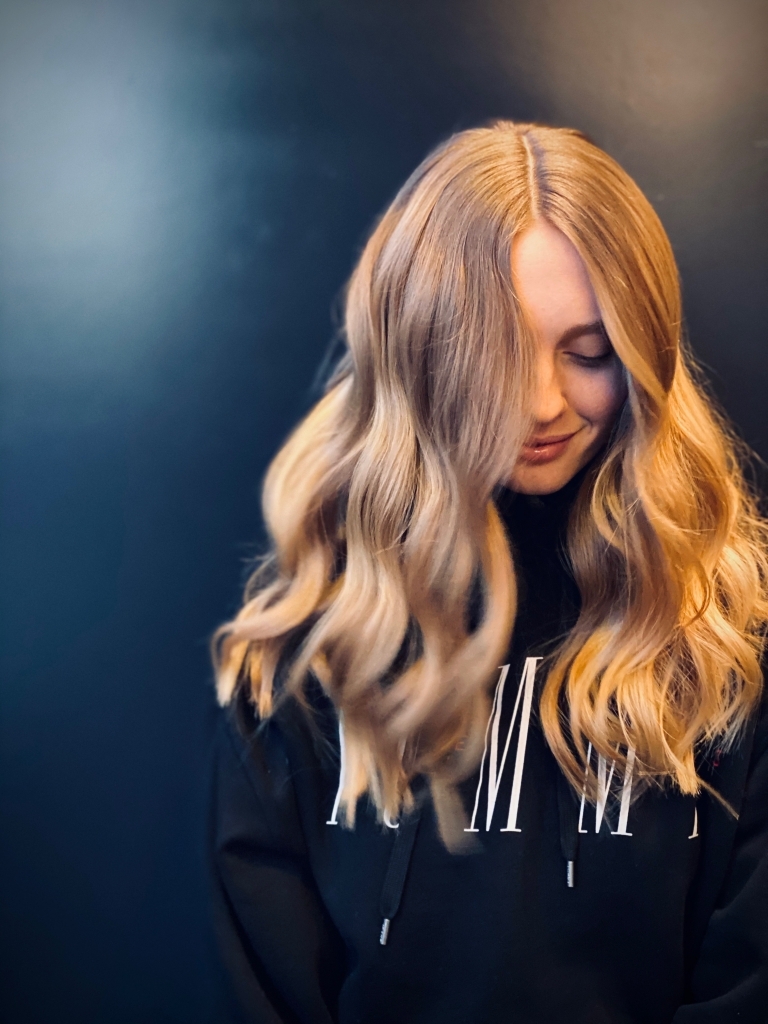
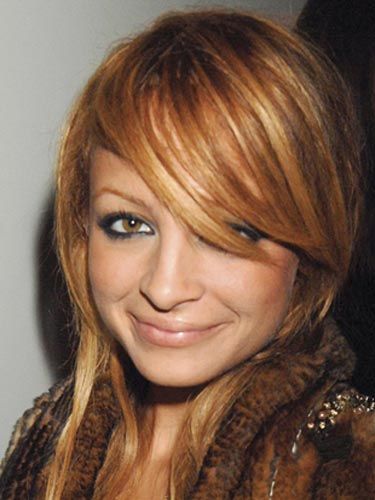
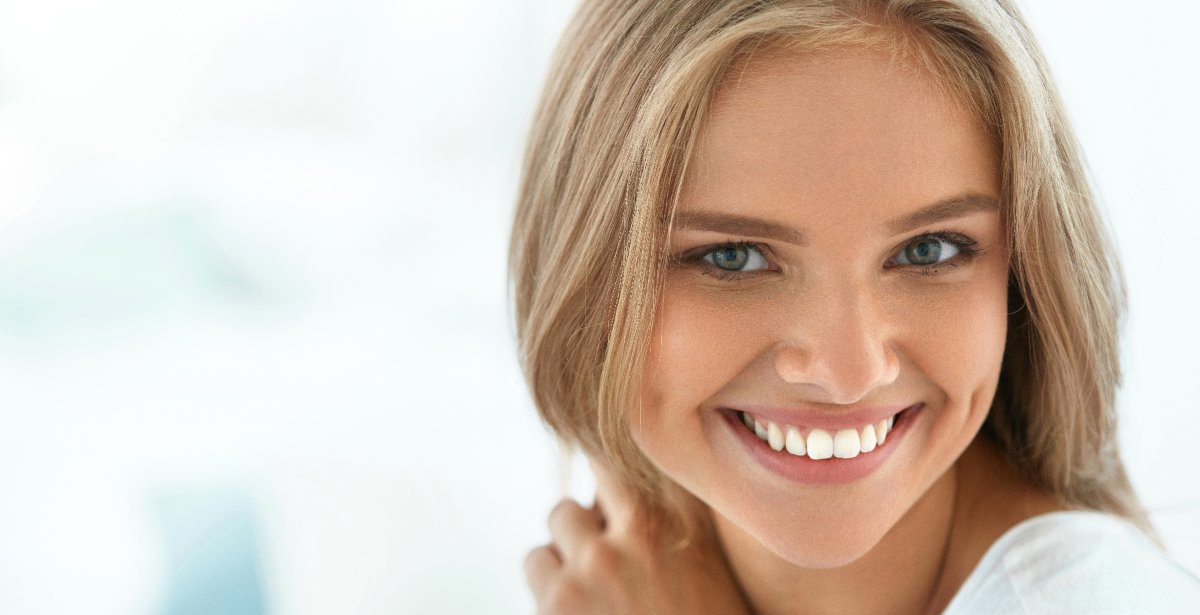
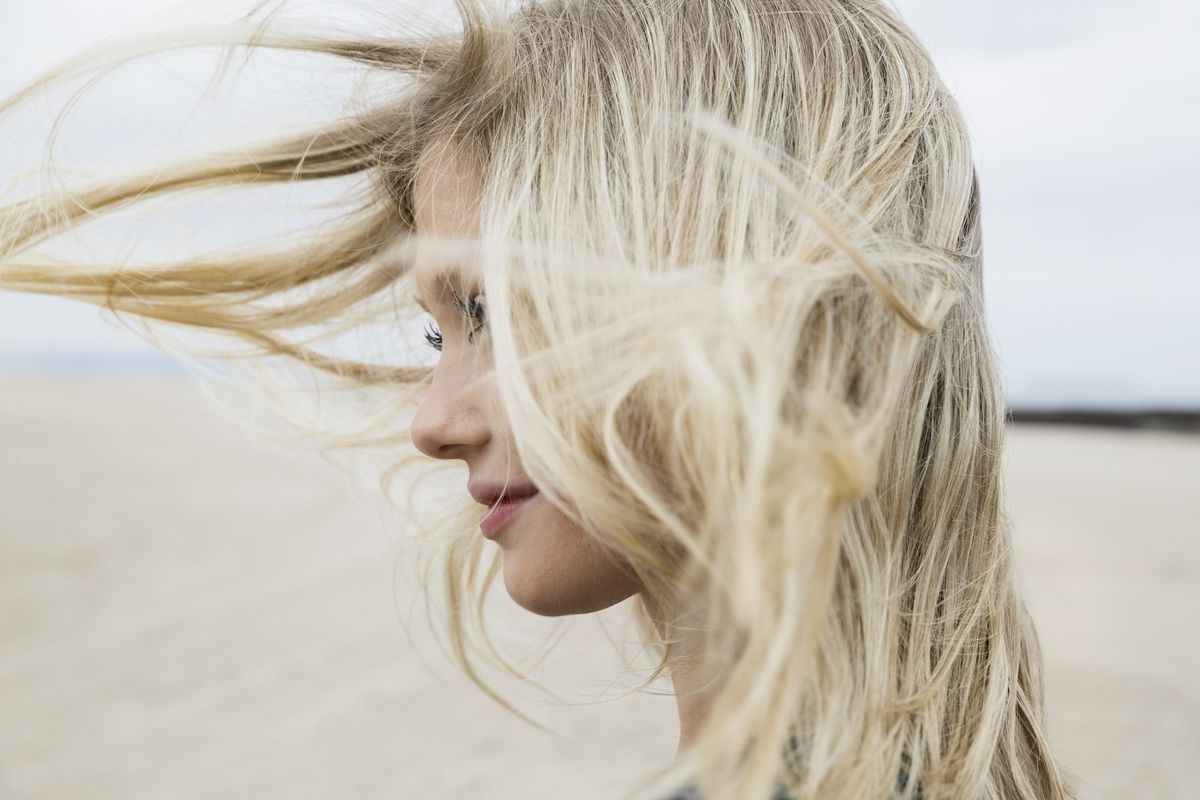
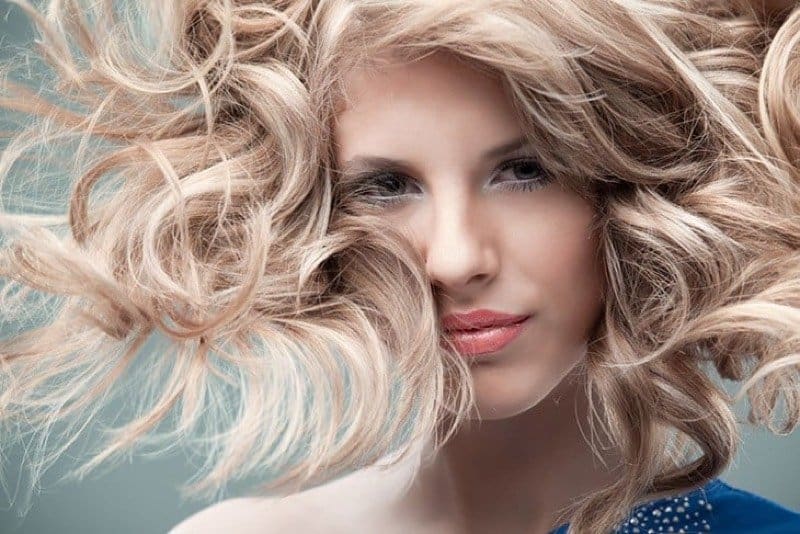

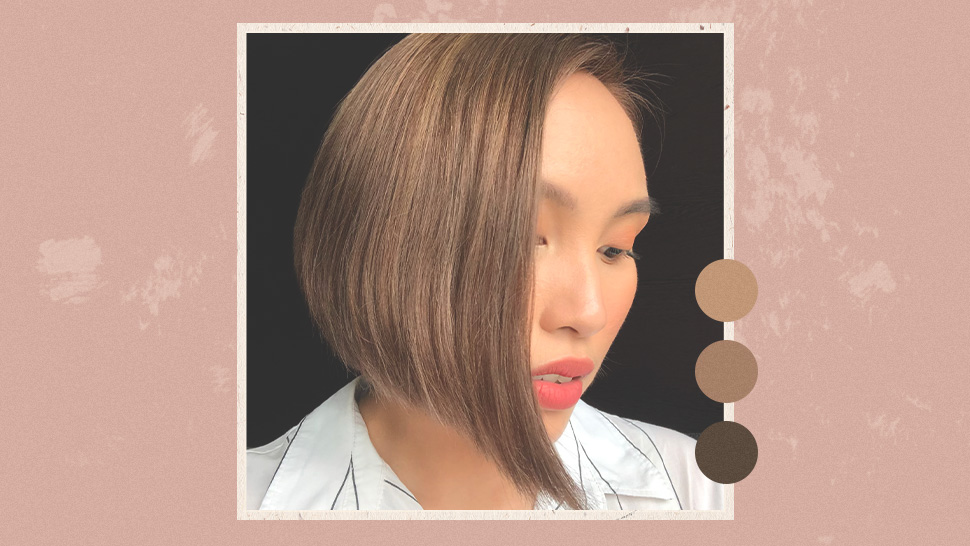
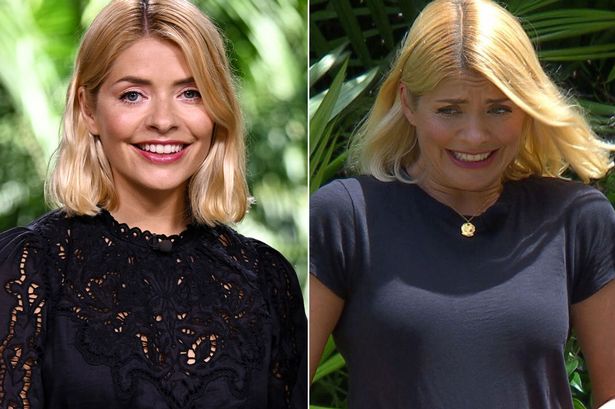
It can be caused by sun exposure
Excessive sun exposure can fade blonde hair and cause brassy hair. This condition occurs when the hair is exposed to UV rays that cause hair to turn light. This is why it is important to wear hats and protect your hair from the sun. You can also use UV-protectant hair products to protect your locks from sun damage.
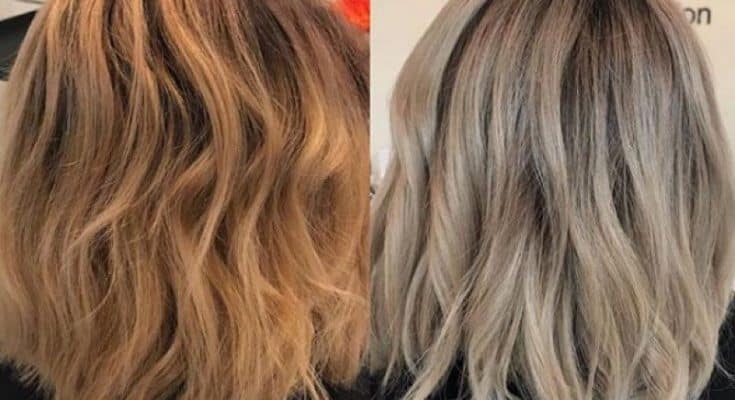
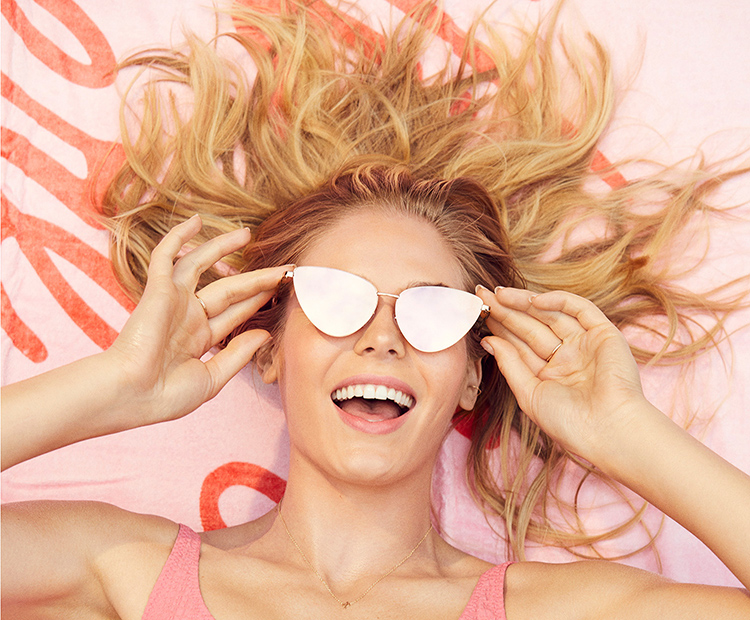
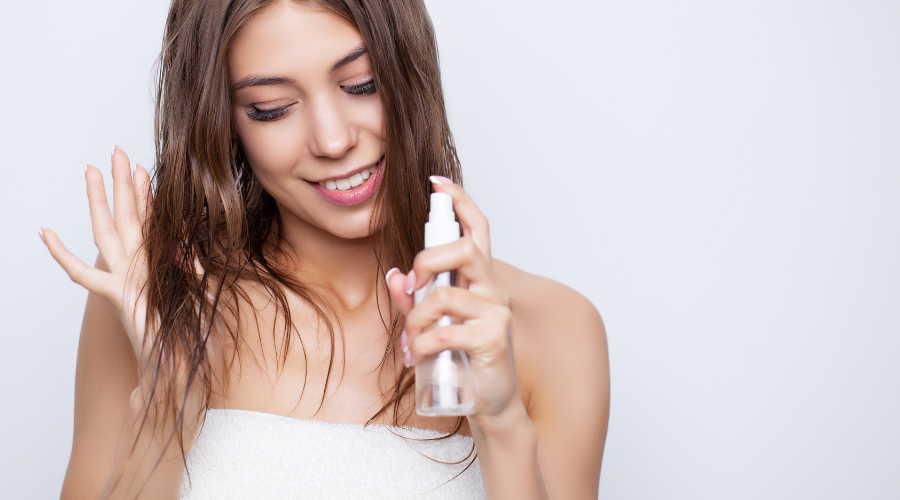
Over-bleaching your hair can also cause brassy hair. Hard water contains minerals that can make your hair brassy. Using a water filter to filter out these minerals can help prevent the color from fading. While this method doesn’t remove all minerals, it will eliminate the majority of the brassiness and restore the color to your hair.
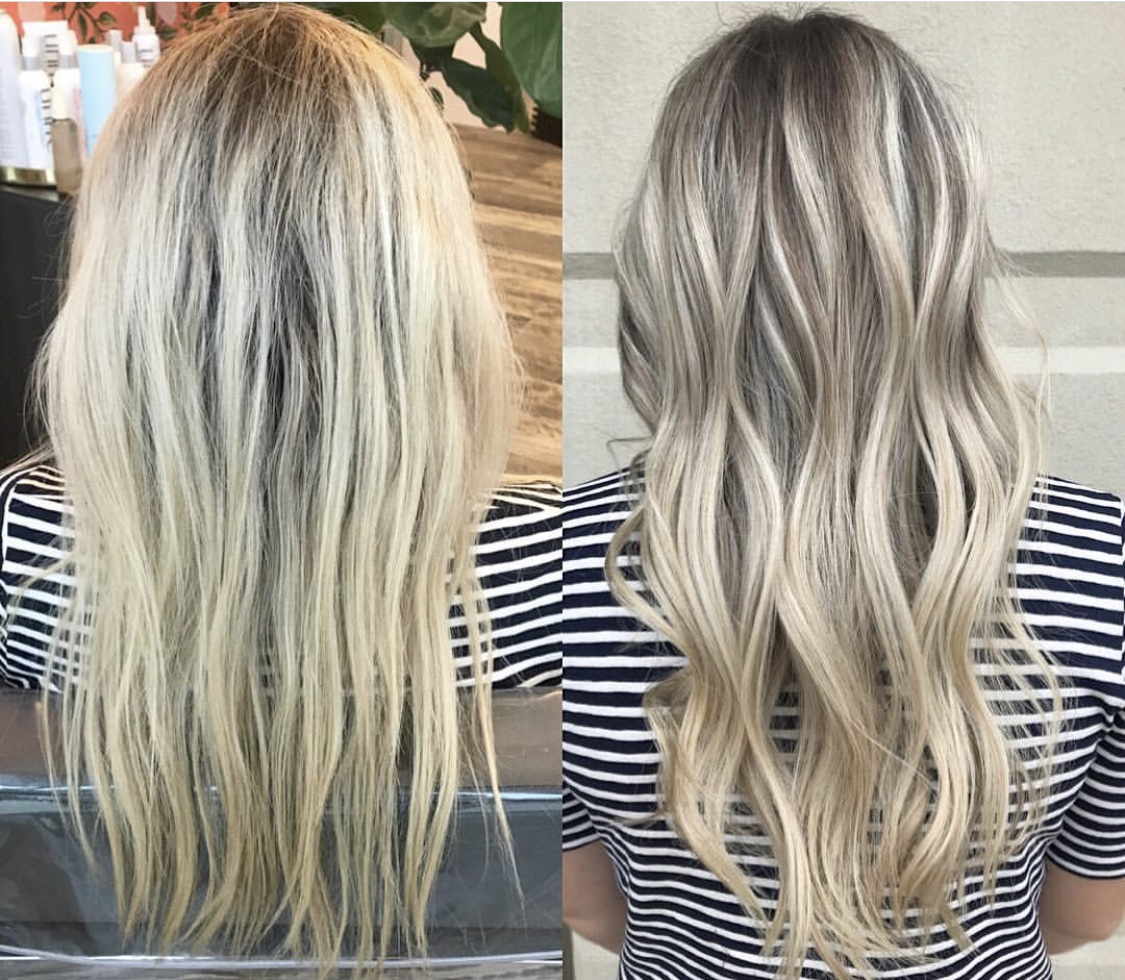
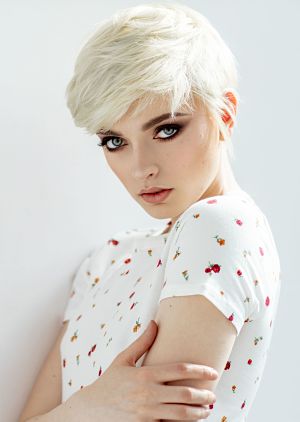
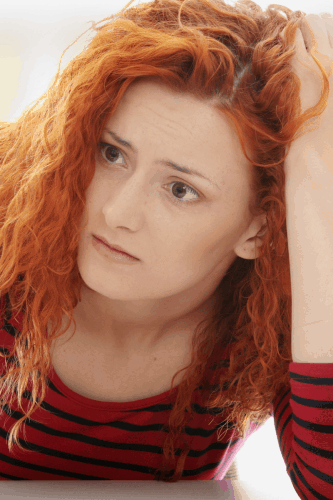
Exposure to the sun and swimming pools strip your hair of its natural oils, leaving it dry and prone to turning brassy. To avoid this problem, use sulfate-free shampoo to maintain healthy hair and avoid the risk of stripping your hair’s natural oils.
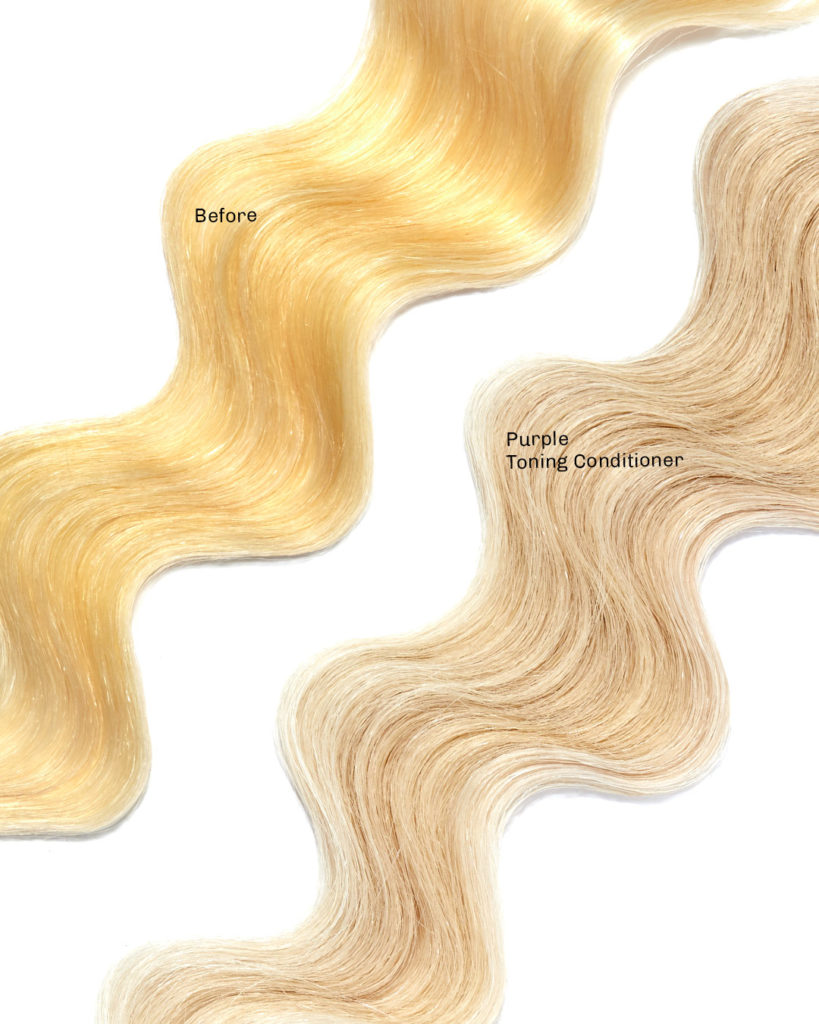
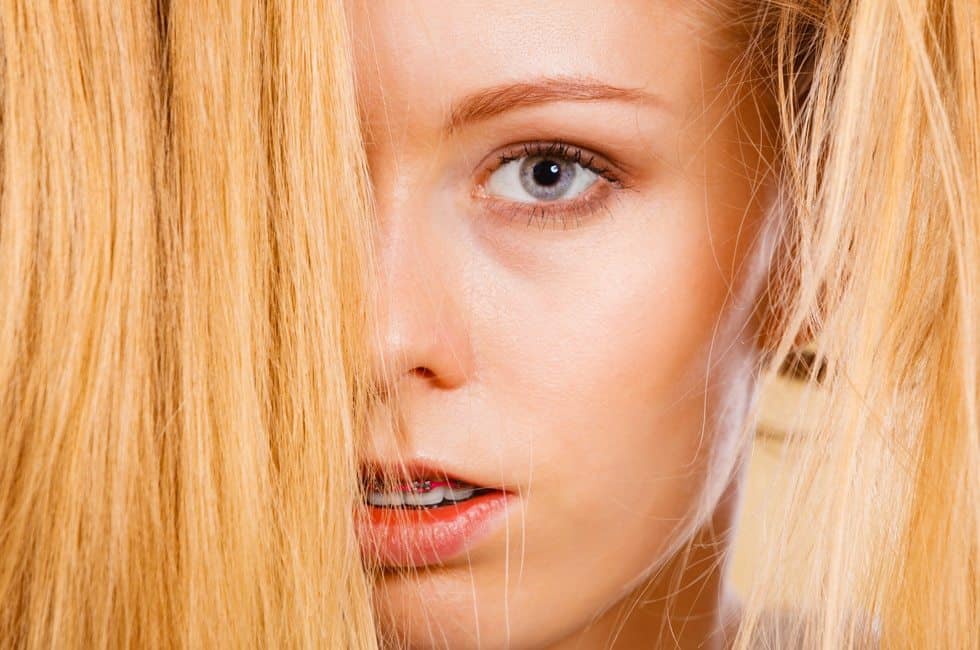
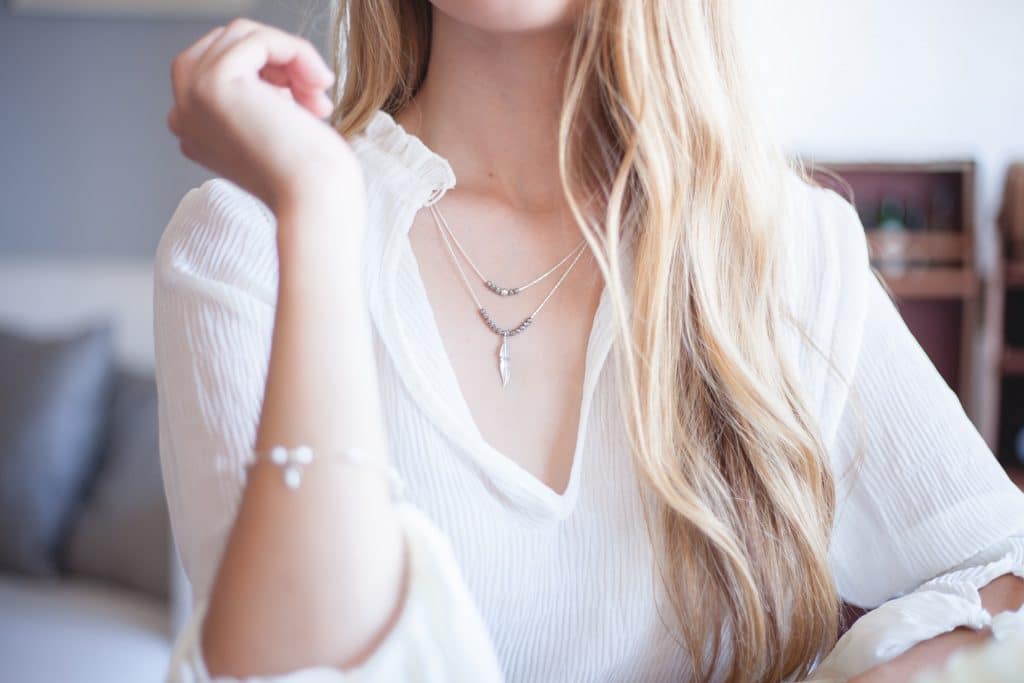
Exposure to sunrays is another major cause of brassy hair. It is a condition that happens to many people and can be caused by a number of factors. High levels of UV rays, chlorine, and other minerals in the water can cause your hair to turn brassy. To prevent this condition, it is important to use a shower filter that removes these minerals and prevents hair from becoming brassy.
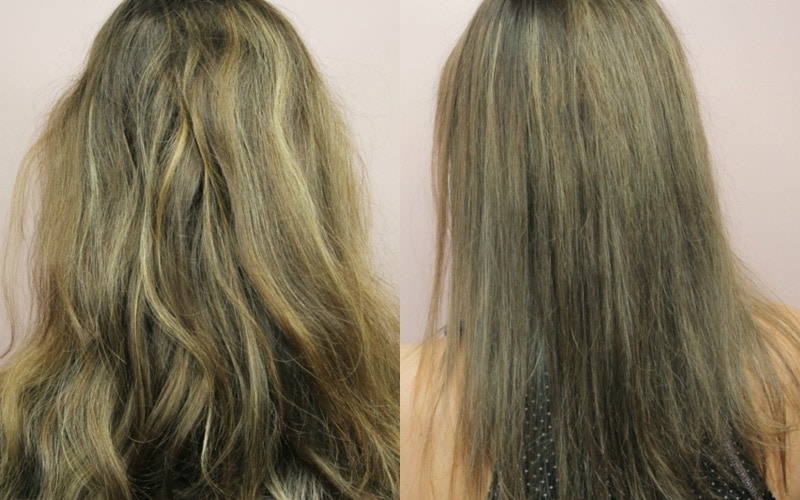
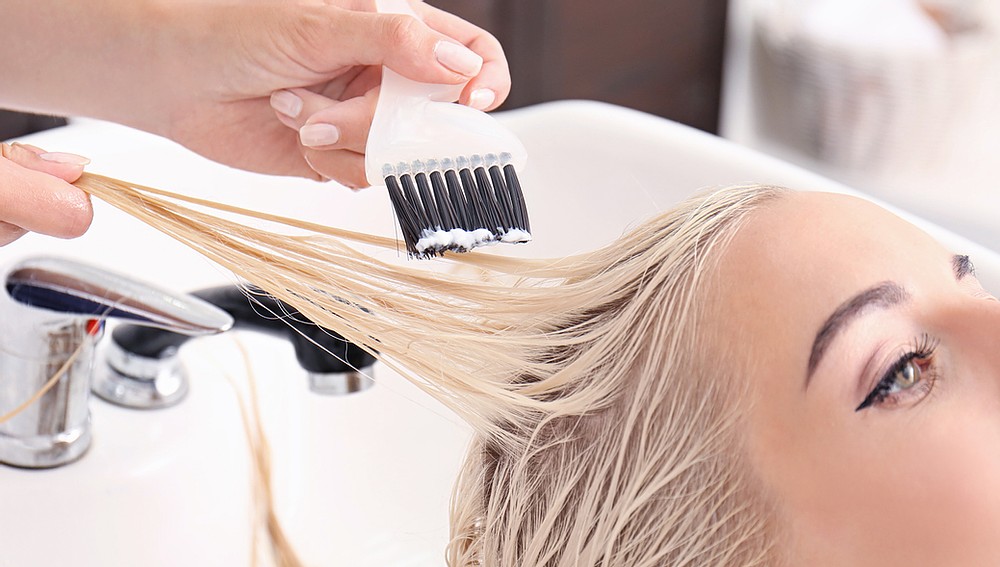
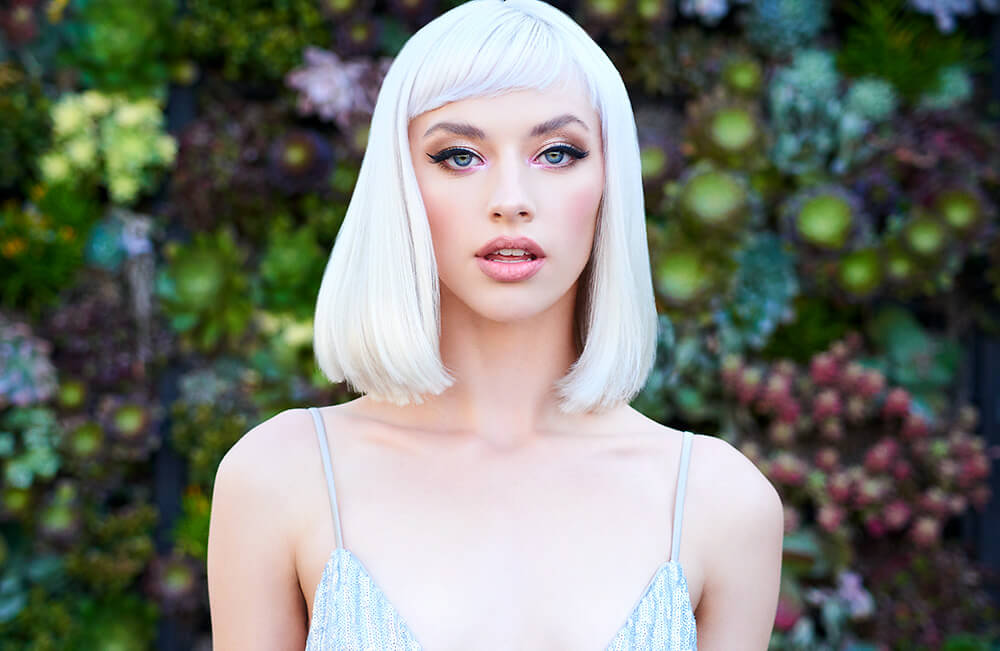
While a lightening procedure can remove most of the brassiness from your hair, it will still expose some of its natural hue. However, you should keep in mind that hair with a lighter natural tone may have yellow, orange, or red undertones. Depending on the type of hair you have, you may want to use a blond hair lightening treatment to maintain the color of your locks. Luckily, there are many products that can remove the brass from your locks.
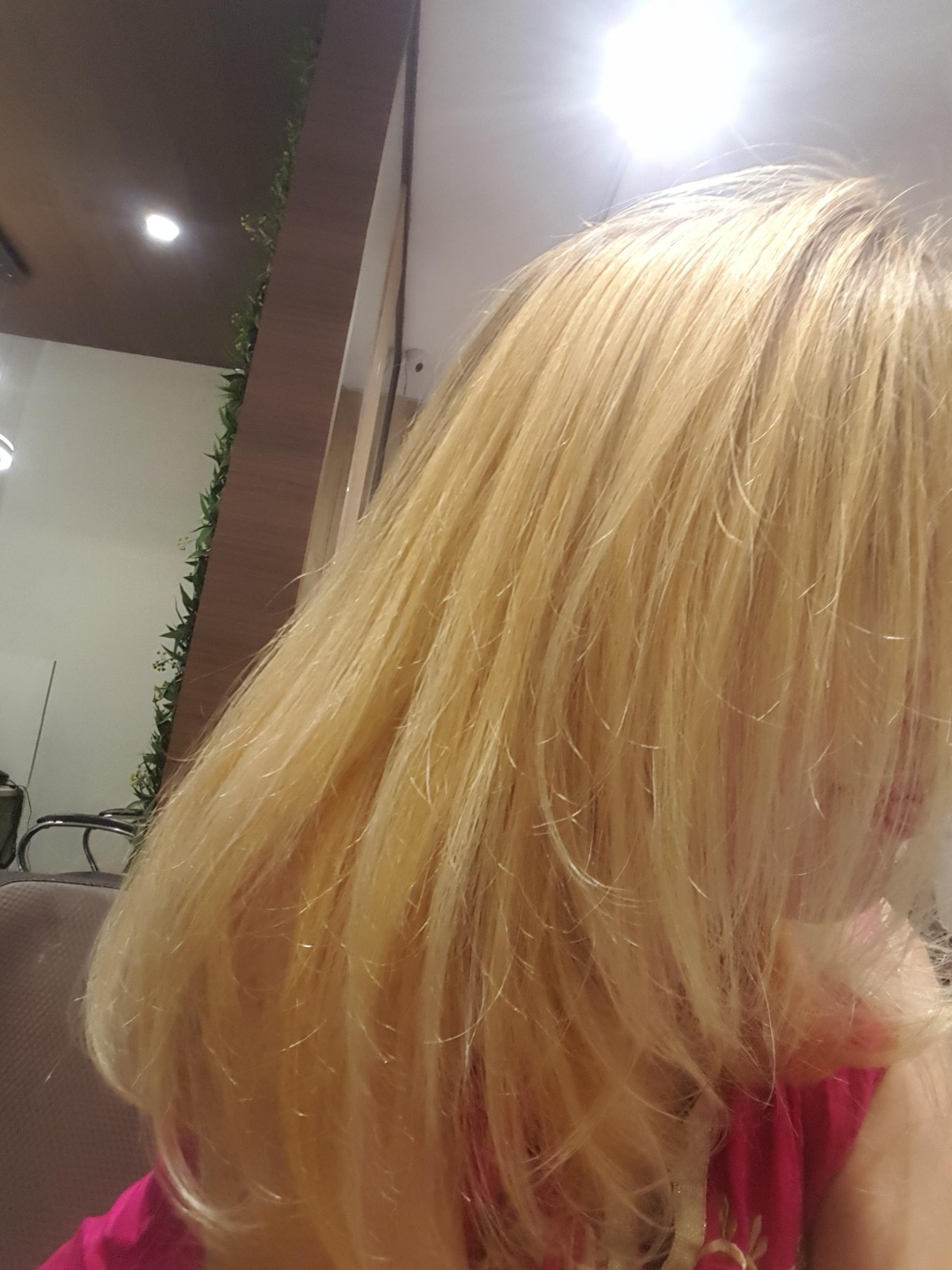
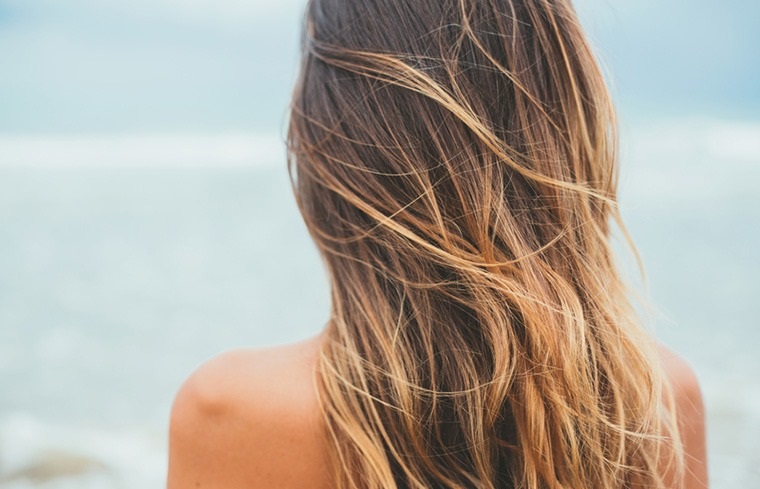
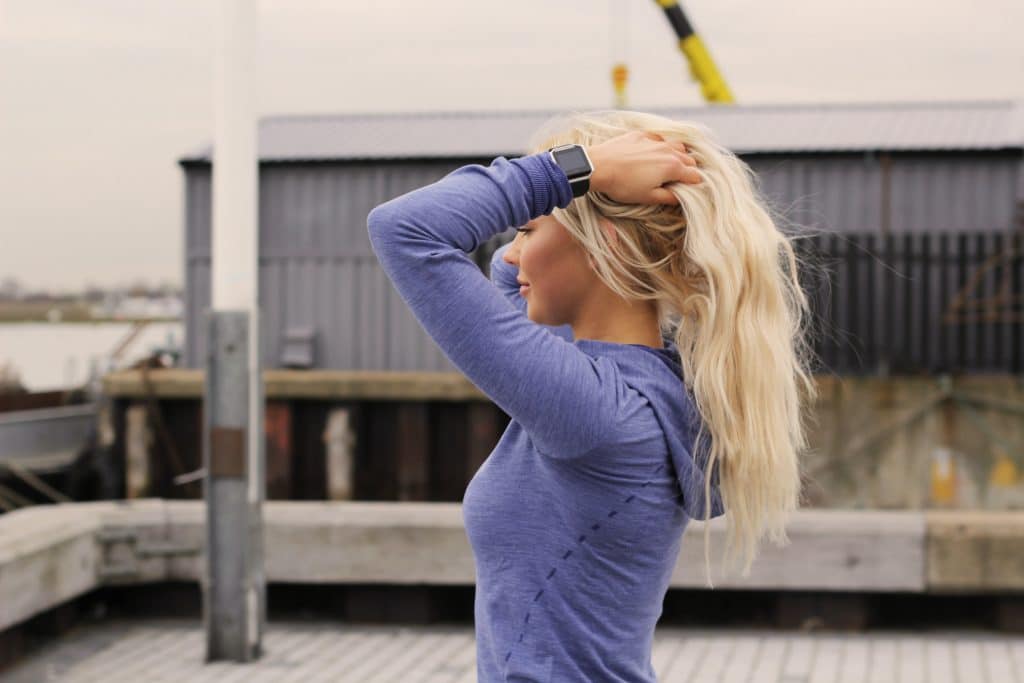

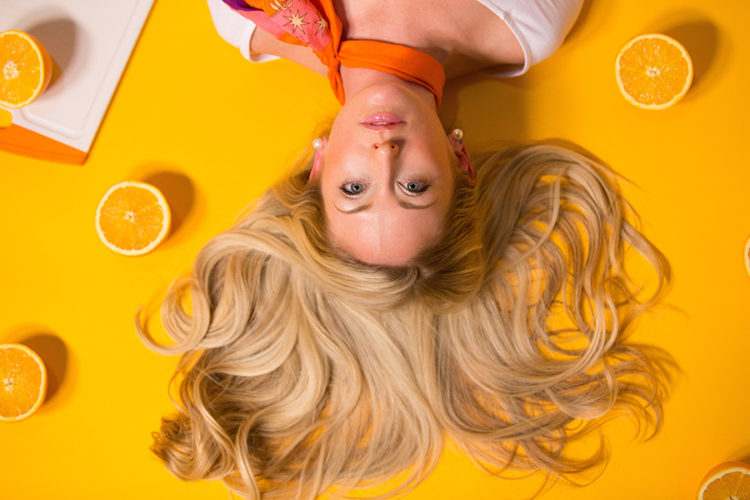
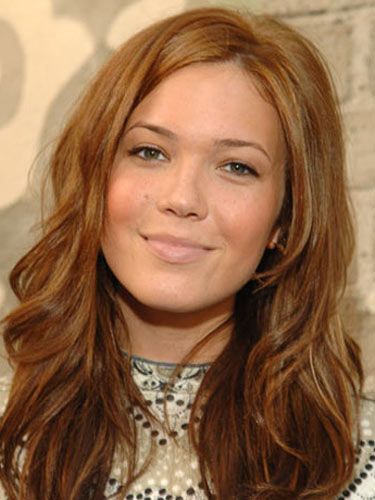
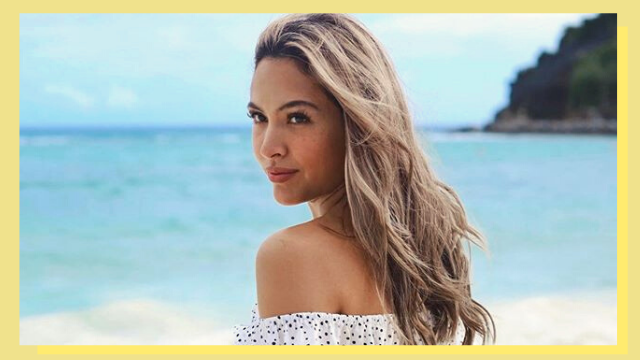
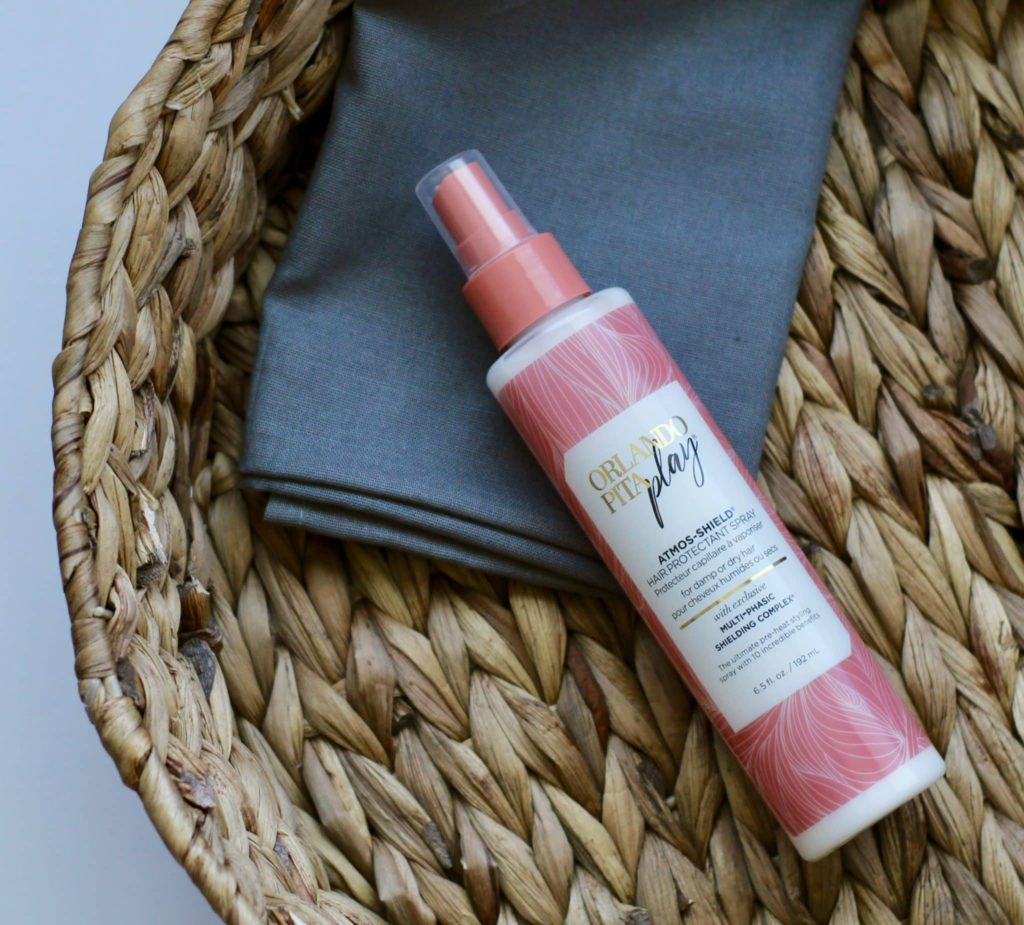
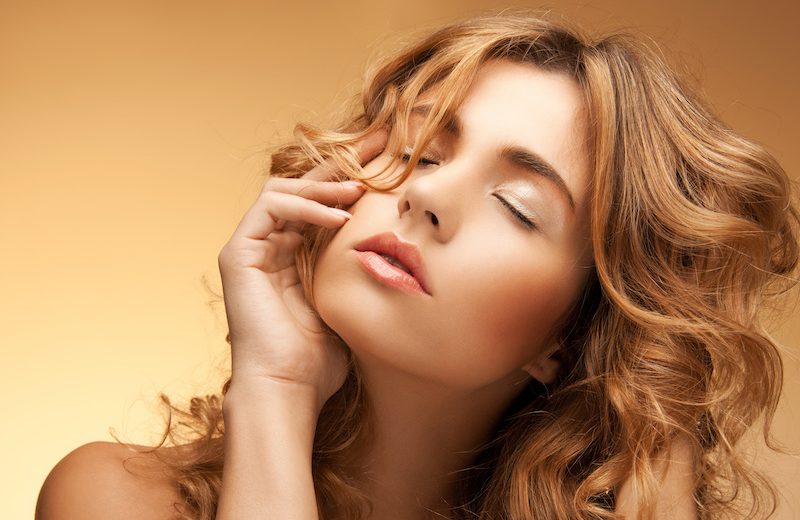
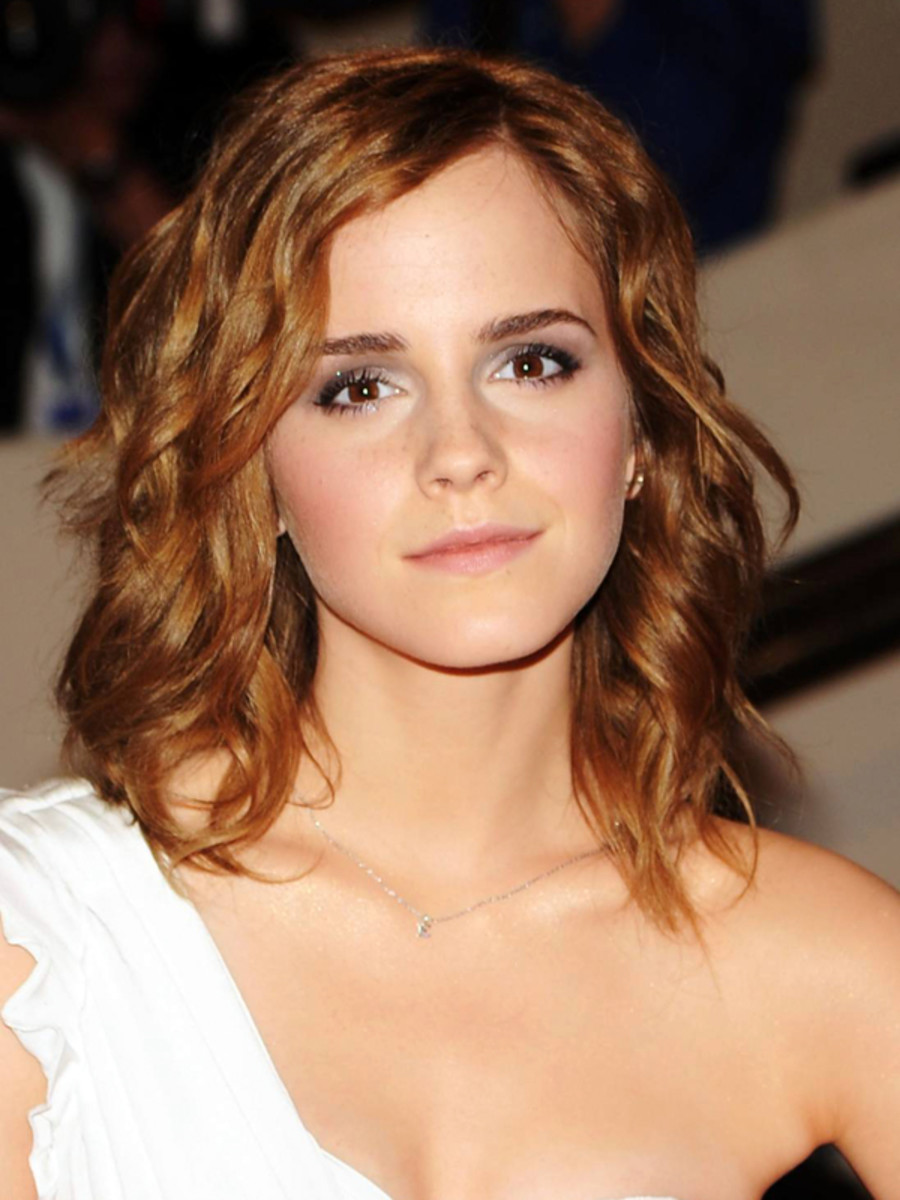
It can be caused by mineral buildup
Mineral buildup in the scalp can make hair brassy. You can prevent this from happening by using a clarifying shampoo, which can help to remove the mineral deposits. However, other factors can also contribute to the brassiness of your hair. These factors include hard water, chlorinated pools, and product buildup.
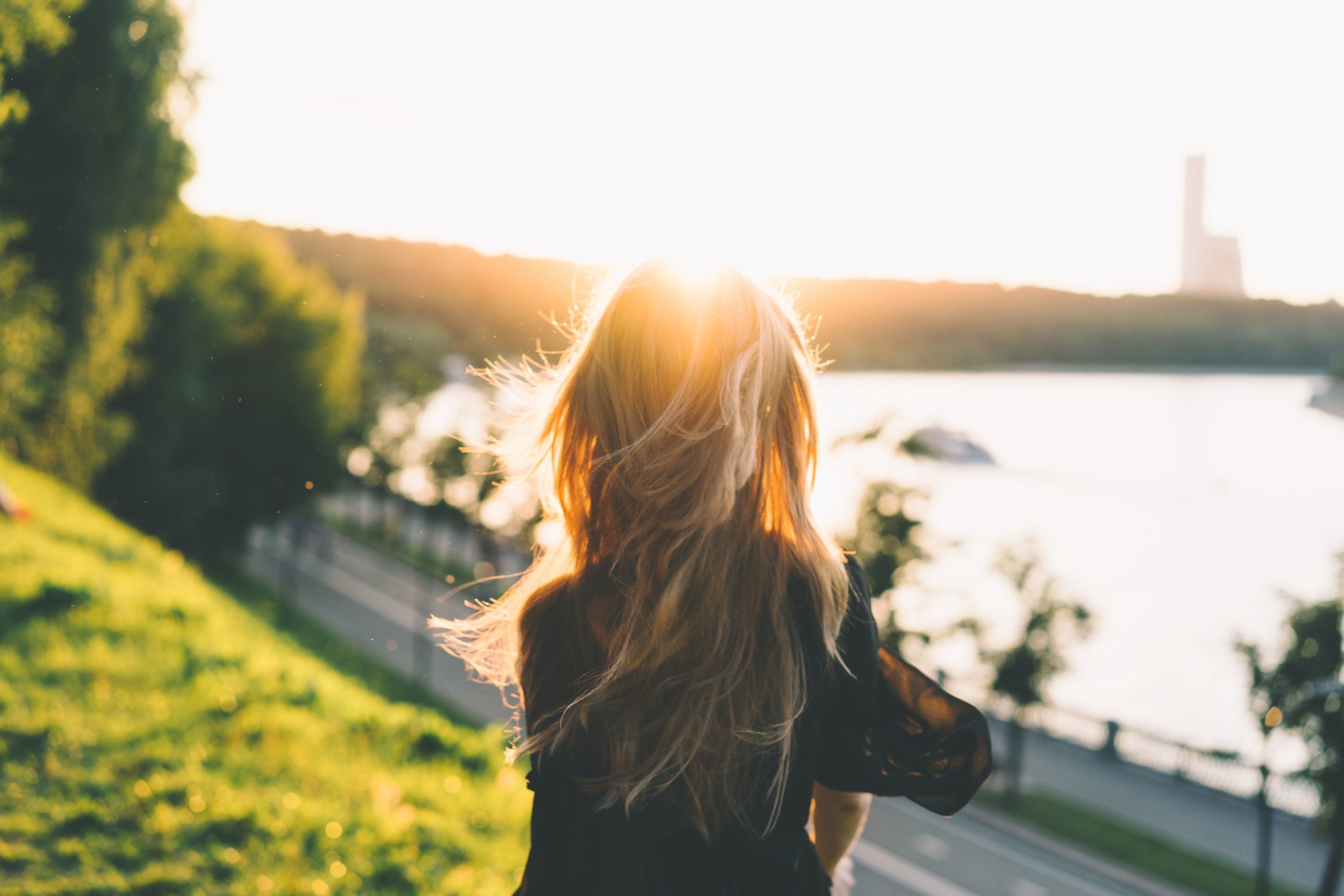
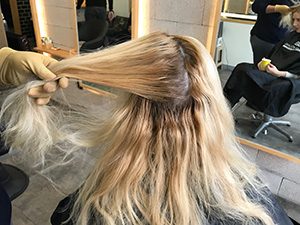

Hard water contains high levels of minerals. Minerals that are found in hard water can deposit on your hair, resulting in brassy hair. It may also cause your color to fade. If your water is hard, it might be time to reduce the amount of time you wash your hair. Alternatively, you can invest in a water filter. In the meantime, you can hide your dirty hair by wearing it up in a bun or braid. Dry shampoo can also be used to cover up the dirtiness of your hair.
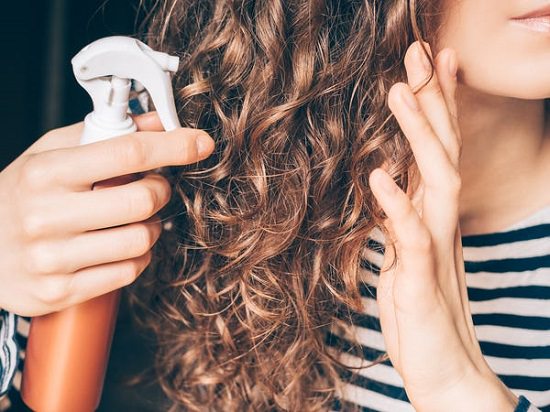
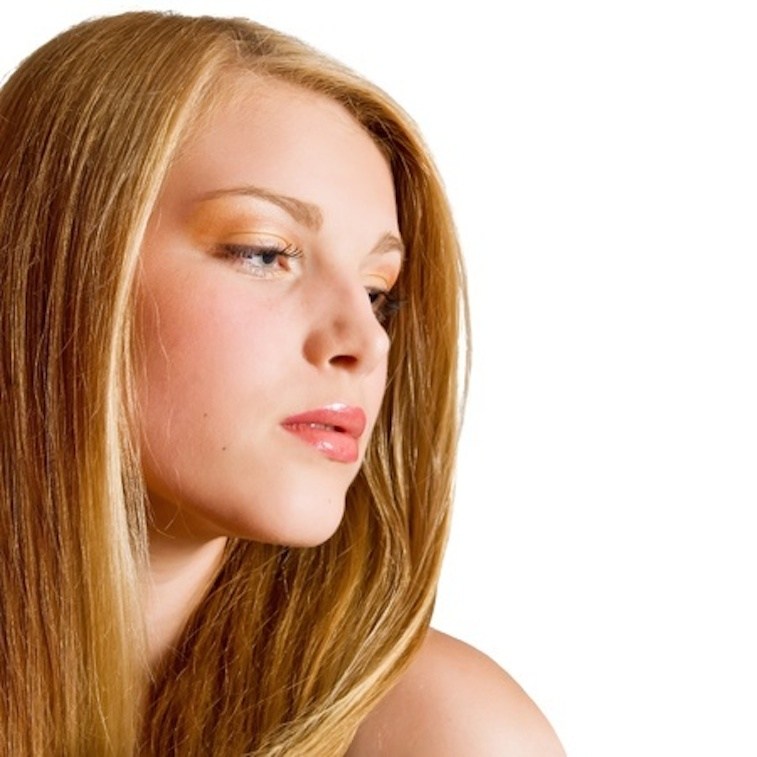
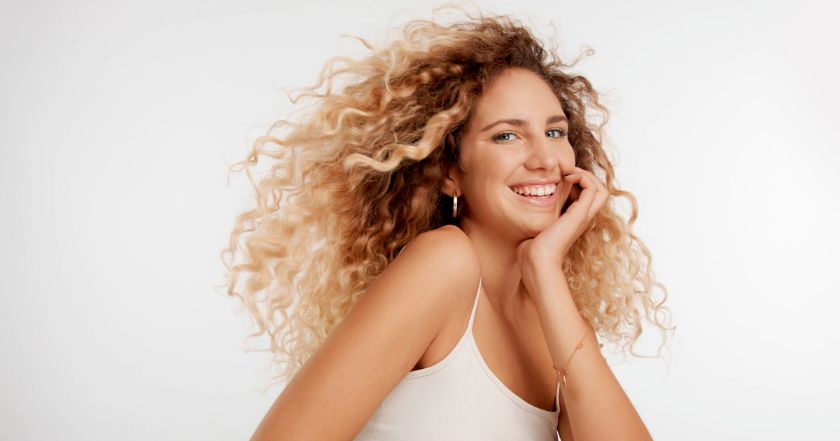
Mineral buildup is a very common cause of brassy hair. You should always consider this before washing your hair. The more minerals your hair contains, the more likely it is to fade color. Therefore, it is important to use a clarifying treatment to reduce this mineral buildup. It is essential to use a shampoo that contains a sulfate-free formula to protect your hair from mineral buildup.
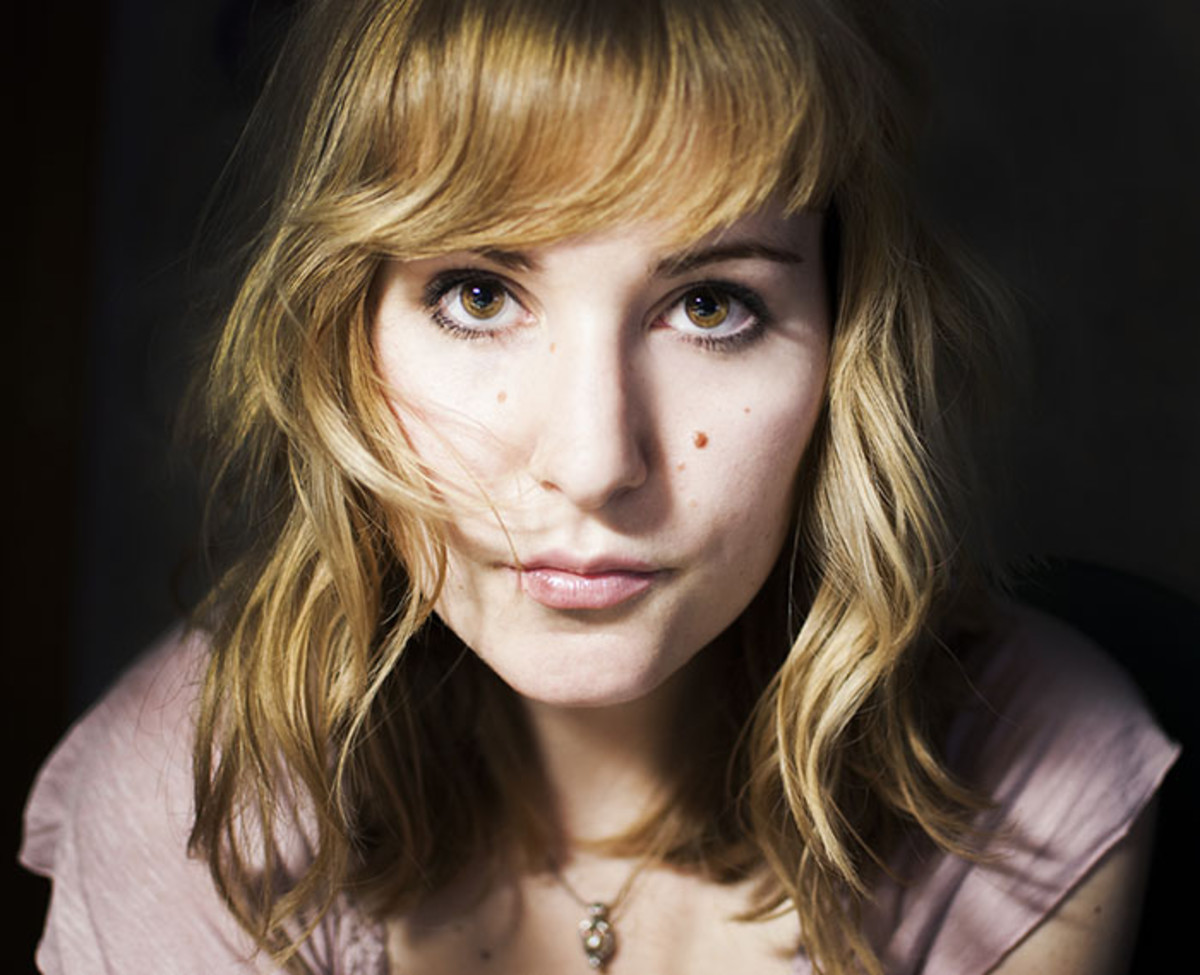
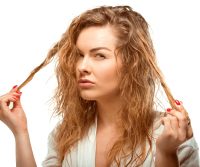

Aside from mineral buildup, another factor that contributes to brassy hair is bleaching. Bleaching is an effective way to get rid of warm tones, but it can also cause your hair to look brassy. This may make it hard to maintain. Additionally, it will strip your hair of its natural oils, resulting in a yellow or orange hue.
